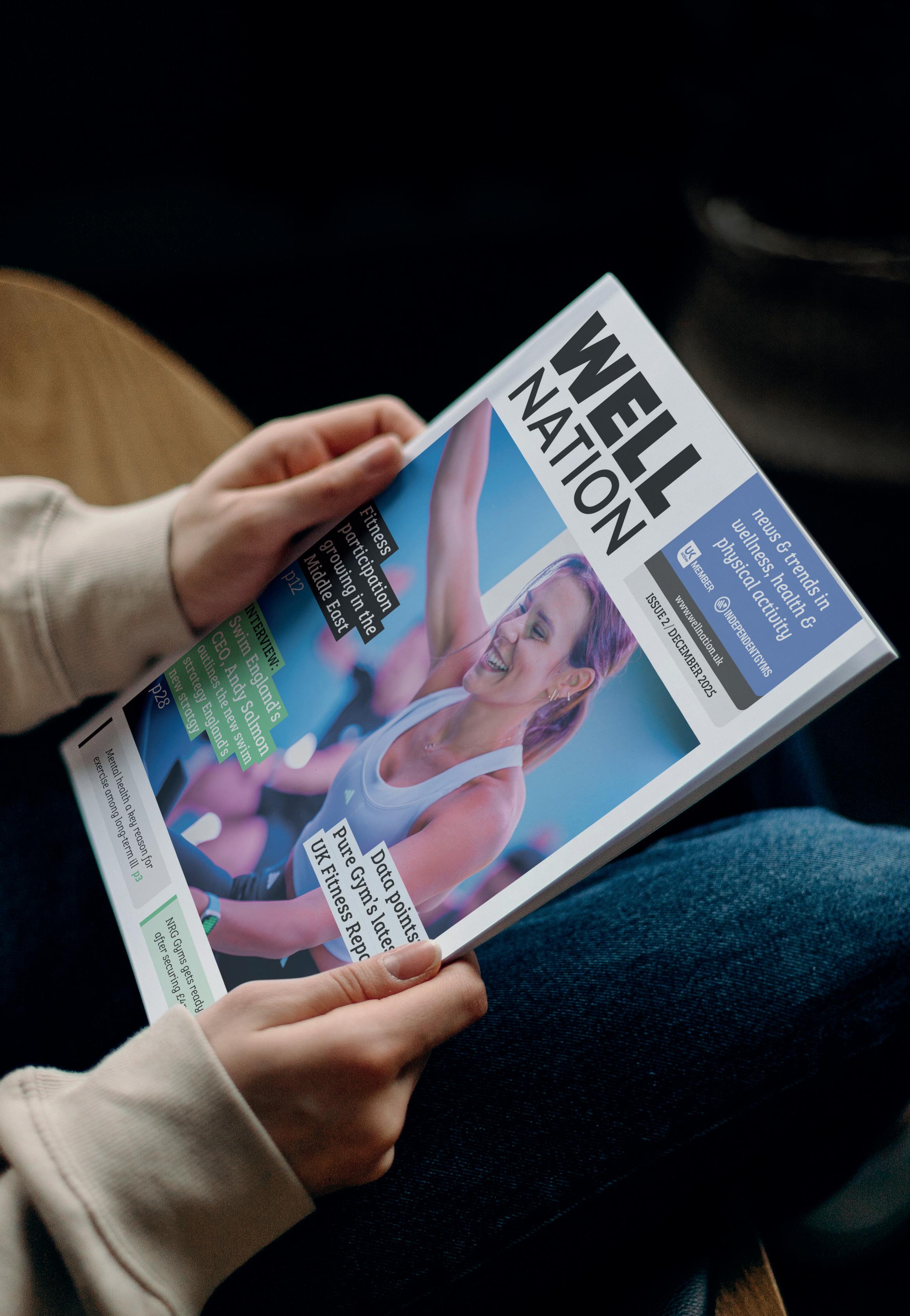














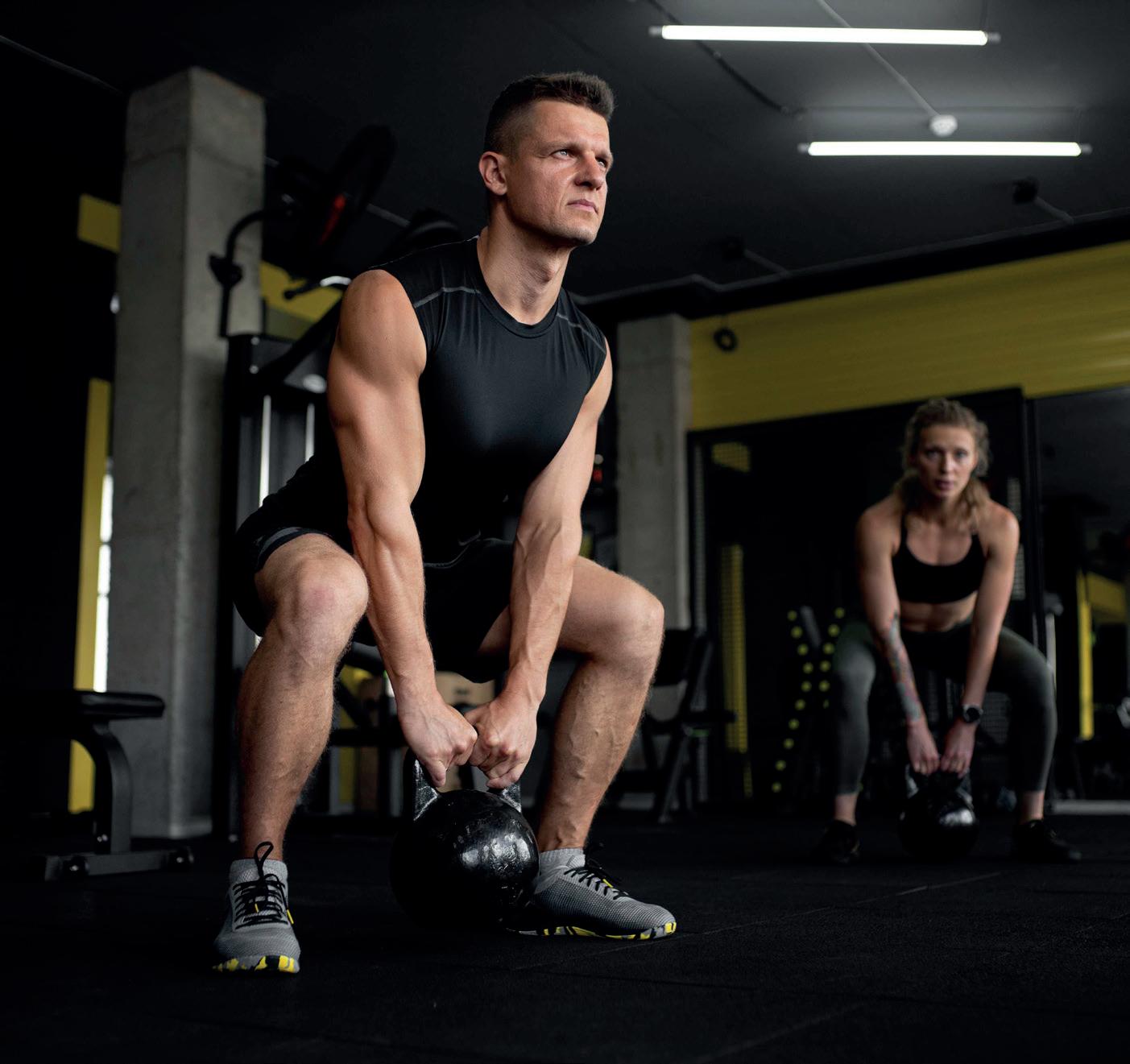
Three-quarters (77%) of gym members with a long-term health condition get active to improve their mental health, as well as to improve their strength and fitness.
The figure comes from research carried out by Savanta on behalf of ukactive, which shows that more than half (56%) of all gym users say their membership is important in helping them to follow medical advice and to manage health condition (such as cancer, musculoskeletal conditions, diabetes, respiratory diseases and mental health conditions).
The findings indicate that millions of people are realising the wider benefits of physical activity to prevent, improve and manage a variety of conditions, including anxiety and depression.
For the research, more than 8,000 people were polled across January,
April, July and September 2024. Of those with at least one long-term health condition, 80% joined the gym to improve or maintain overall physical strength and fitness.
For those with no long-term health conditions in the sample, motivation for joining a gym to improve mental health and wellbeing was slightly lower in comparison to those with at least one long-term health condition (75% vs 77%). This suggests that those with health conditions recognise the additional value for their mental health and wellbeing too.
The findings come against a backdrop of poor national health, with 2.82 million people out of work due to long-term sickness. ukactive is now calling on the government to capitalise on this demand for greater health support in the community.
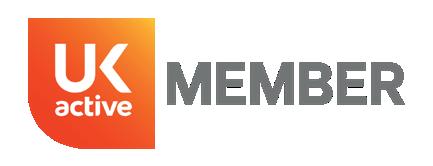
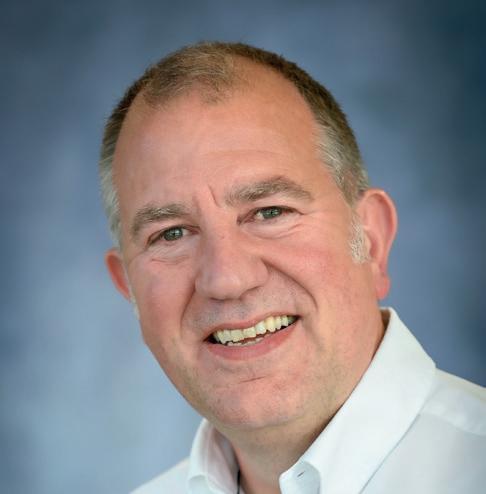

and WellNation accepts no responsibility for any error or misrepresentation. Opinions expressed by the contributors and advertisers are not necessarily those of the publisher and we do not accept responsibility of losses or damages arising from them.
Broxtowe Borough Council has revealed plans to replace an ageing leisure centre in Bramcote, Nottinghamshire.
The council, which owns the centre, has appointed leisure facility specialist, ReCreation, as development consultant for the plans, which include a swimming pool and a large gym. Last year (2024), the council established a Bramcote Leisure Centre Board, which is overseeing the design and development of the new facility. The board is chaired by the Deputy Chief Executive and comprises crossparty members and key officers.
Drawn up in partnership with ReCreation, the plans now need both planning approval and to secure adequate funding to give the project the green light. ReCreation was founded by three former Olympians, Becky Adlington, Steve Parry and Adrian Turner, who set up the company with a vision to transform the way swimming pools and leisure centres are designed and developed in the UK. ReCreation says it can significantly cut
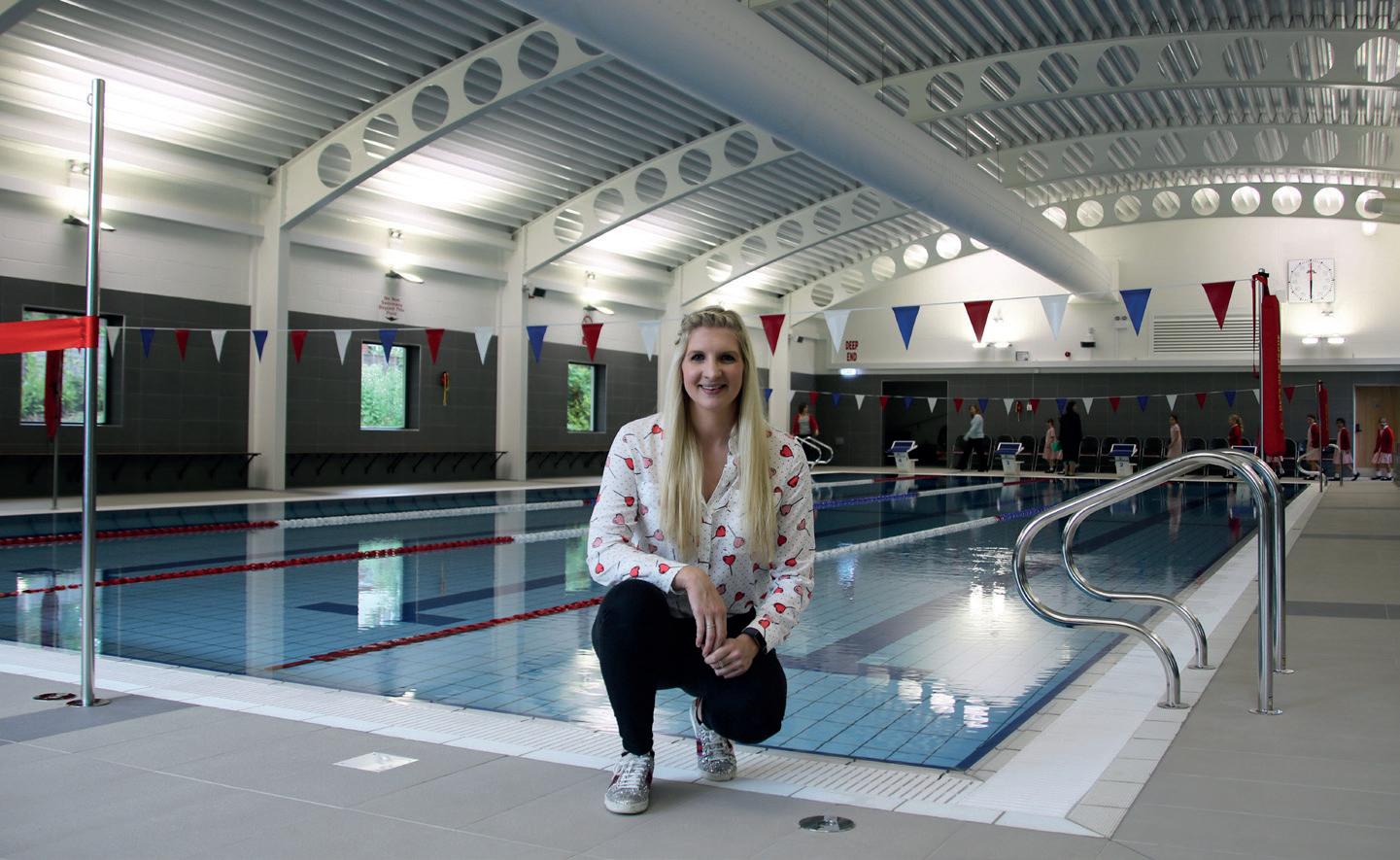
the cost of developing swimming pool facilities by building the pool above the ground – rather than sinking it into the ground. As part of the planning stage Adlington visited the Bramcote Leisure Centre alongside council members.
Leader of Broxtowe Borough Council, Councillor Milan Radulovic
said, “We were delighted to welcome Rebecca Adlington to the Borough to discuss our plans to create a new and improved leisure centre at Bramcote. We know that the centre needs to be improved along with our swimming provision which we know many residents make good use of.”
Three leisure facilities in Poole, Dorset, have received “significant upgrades” following an investment of £400,000 by Bournemouth, Christchurch and Poole Council (BCP Council).
The refurbishment works on Ashdown Leisure Centre, Rossmore Leisure Centre and the Poole Dolphin Leisure Centre took place after the sites became council-managed at the beginning of October 2024.
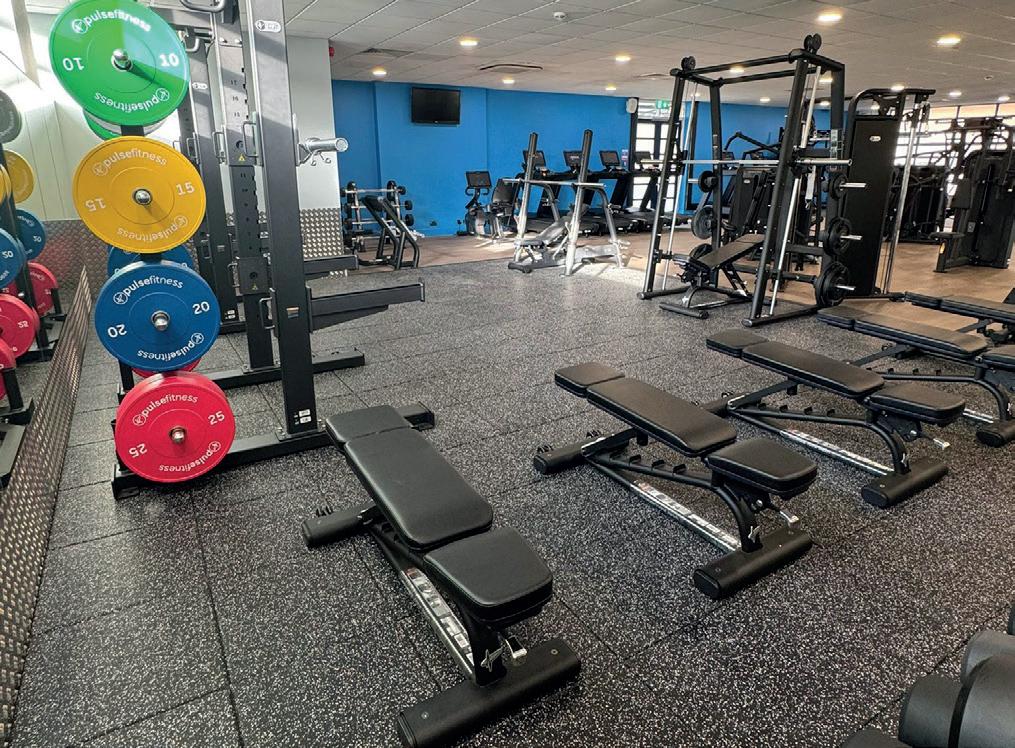
The improvements – which included upgrades to fitness equipment, including cardio and strength equipment, refreshed interiors, resurfaced floors, and enhanced workout spaces – were completed in time for the traditionally busy January period, when people are looking to kick start the year by joining gyms and taking part in exercise. The centres are run under the new BCP Leisure management model. The improvements have included upgrades to fitness equipment
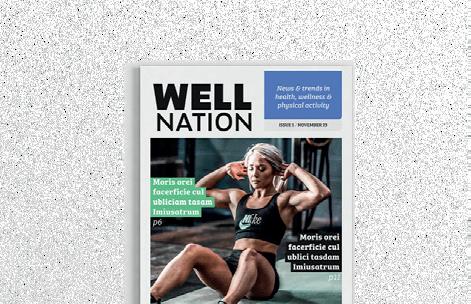
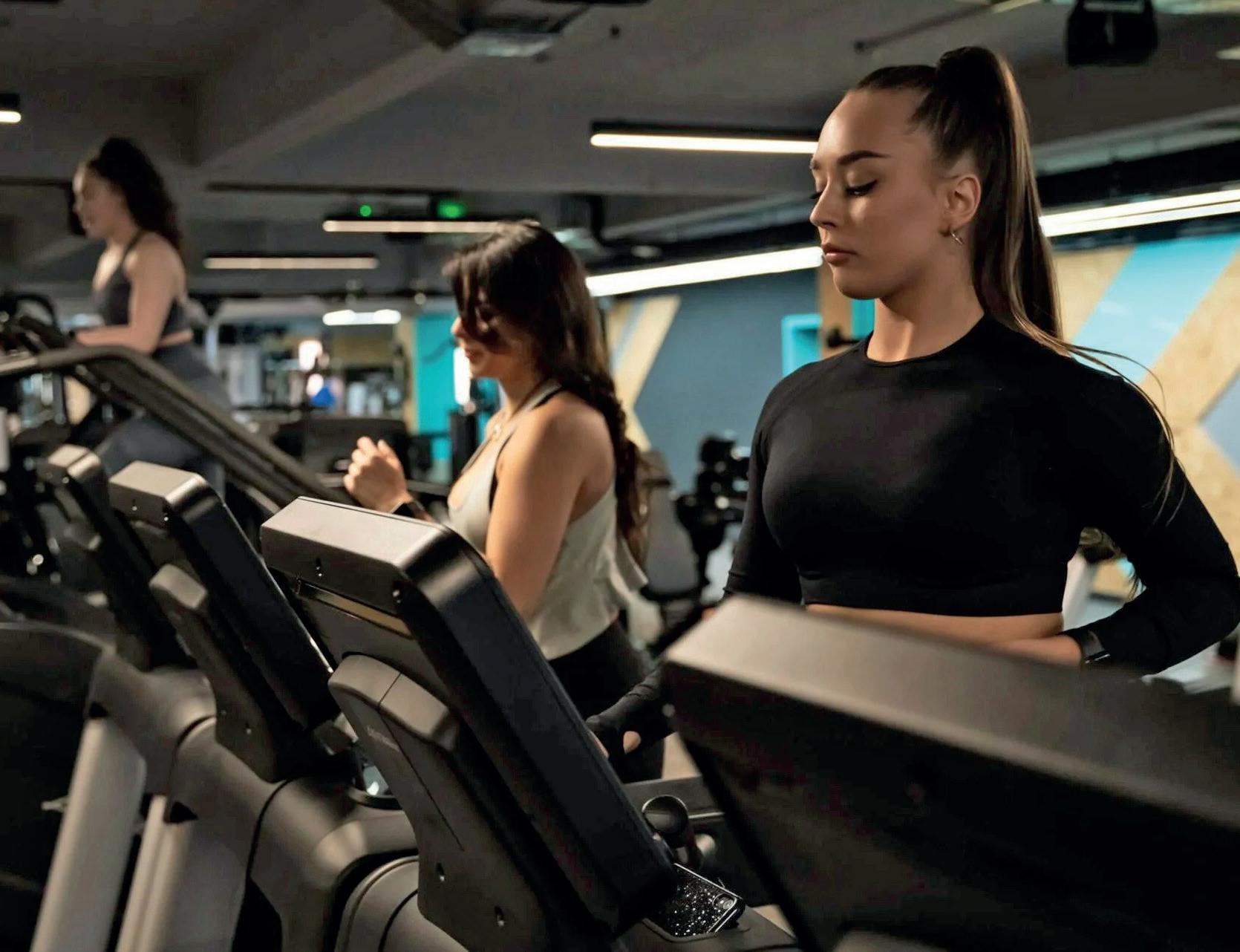
NRG currently operates seven locations across the UK
Puma Growth Partners has invested £4 million into NRG Gyms, the low-cost gym group founded by Shafiq Ahmed.
NRG will use the funding to expand its portfolio of gyms across the UK and to invest in the use of data and analytics to improve the member experience. It also has plans to create a technology-led back-office infrastructure capable of allowing the business to scale at speed.
NRG currently operates at seven locations in London, Sheffield, Manchester, Newcastle and Walsall. There are plans to open sites in Glasgow and Lakeside.
Shafiq Ahmed, Founder and CEO of NRG Gyms, commented: “Puma choosing to continue to support the growth of NRG with further investment into the business is a testament to our ongoing success.
“The funding will allow us to continue to grow our member communities, develop our pipeline of new sites all while continually investing in the team, people development and infrastructure
required to grow further.”
To accompany the fresh funding and to help its expansion plans, NRG has strengthened its management team with the appointment of Neil Greenhalgh to its board as Non-Executive Director. A qualified Chartered Accountant, Greenhalgh spent nearly 20 years at JD Sports, including five years as Chief Financial Officer.
At JD Sports, he devised and executed a strategy which saw the business grow from a small cap-listed business with 330 sites across two countries, to a FTSE 100-listed global retailer.
He also played a central role in JD Sports opening its own gyms, as part of which he led the Xercise4Less gym chain acquisition process in 2020.
Henri Songeur, Investment Manager at Puma Growth Partners, added: “Our support for NRG will help the business grow its portfolio of gyms and continue to build on Shafiq’s passion for his business, members and his colleagues.”

Plans have been approved for a £15m redevelopment of Sheppey Leisure Centre in Beachfields, Isle of Sheppey.
The project will result in a significant expansion of the existing facility. The existing gym facilities will be expanded and refurbished and a new café will be added. The power-assisted fitness equipment, by Innerva, will be moved across from the current pool building, uniting all dry side facilities and providing all gym users with ready access to the range of facilities. There will also be a new adventure play area and tag active.
Places Leisure has become one of the first facility operators to be awarded The Active Standard (TAS), a certification that allows fitness and leisure operators to demonstrate the safety and quality of their facilities.
The Active Standard has been established to align with the industry’s other major schemes, FITcert and Quest, to ensure the sector continues to improve and grow. By becoming certified to The Active Standard, a company has demonstrated its commitment to provide a safe, inclusive and high-quality service to its customers.
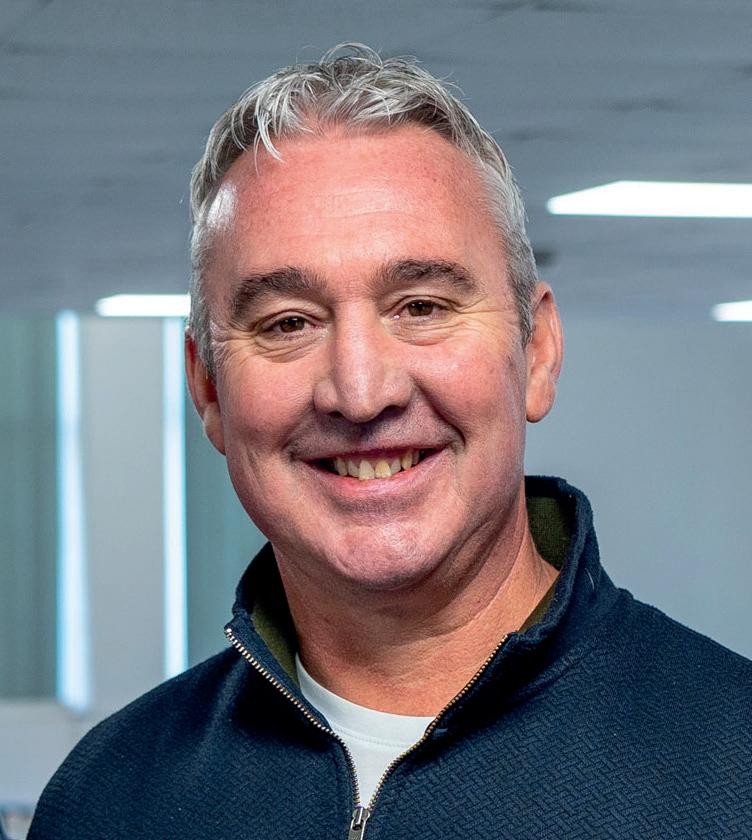
Bigwave Marketing has appointed Ivan Stevenson as Non-Executive Director.
In his new role, Stevenson will help strengthen the marketing agency’s leadership team and has been tasked with accelerating the company’s growth trajectory. Stevenson has spent more than two decades in senior leadership roles within the leisure industry and has a strong background in business development, strategic planning and technology.
Fitness tech firm, Myzone, has made three appointments to its global leadership team to drive product development and business growth.
Jennie So joins the business as Chief Product Officer, Kyle Millroy joins as Senior Vice President of Global Sales and Craig Artley has been appointed as Chief Financial Officer.
So, based in Hong Kong, will be tasked with leading on product development and innovation and comes with 25 years’ product experience working for brands such as Burberry and WeWork.
She is also the founder of Lilax Analytics, an AI-powered platform that helps brands build omnichannel experiences to boost customer engagement. Myzone says her expertise in leveraging AI to enhance customer experience will play a “pivotal role” in the company’s product strategy moving forward.
Joining So in the newly created position of Senior Vice President of Global Sales, Kyle Millroy is a seasoned professional in the fitness industry, having been instrumental in the growth of Johnson Health
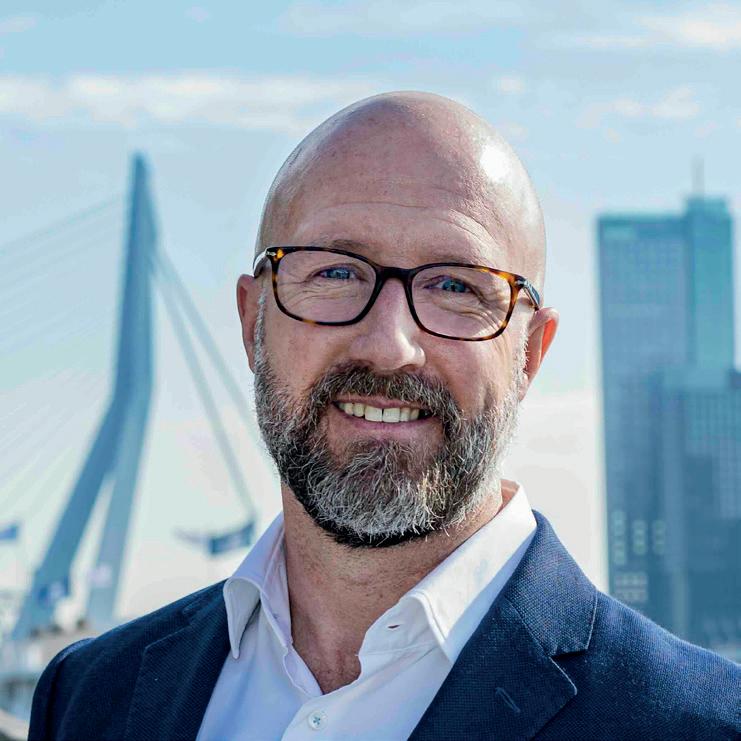
Tech across South Africa as well as leading the Benelux and EMEA Distributor business for Life Fitness.
The third addition to the leadership team, Craig Artley, is an experienced executive director and finance leader, having been Chief Financial Officer at FSB Technology and Finance Director at Sporting Group. As Myzone’s new CFO, his background in corporate finance and experience in putting in place governance and controls to support the scaling of a business will be utilised in Myzone’s ambitious growth plans.
The appointment comes six months after a successful management buyout of Bigwave, led by Simon Beer and Tom Gozna, and has been designed to align with the agency’s plans to expand its client base.
Bigwave MD, Tom Gozna, said: “Ivan’s deep knowledge of the leisure industry and proven expertise in business development will be invaluable as we continue to expand and partner with organisations across the UK.”
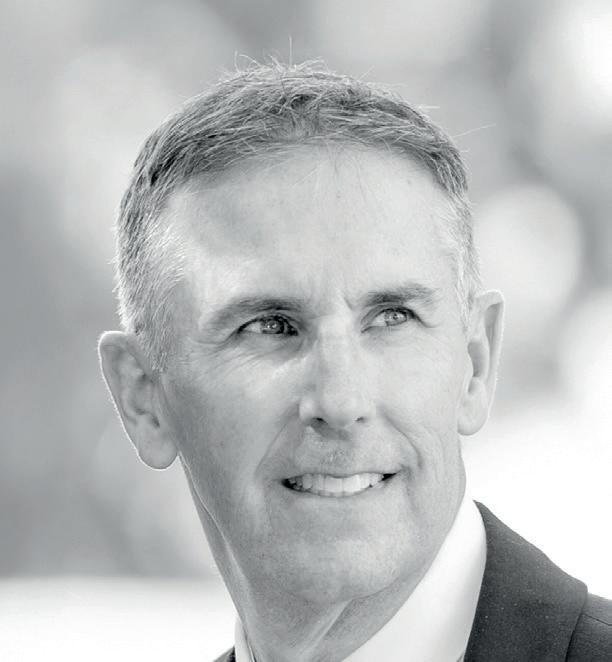
Freemotion Fitness has announced the passing of Chris McGill, the company’s Senior Vice President of Sales. In a statement, Freemotion said: “It is with deep sadness that we share the passing of our beloved colleague and friend, Christopher William McGill. A man loved by his customers and feared by his competitors, Chris was a cornerstone of the fitness industry, a mentor, a leader, and above all, a cherished friend to so many. Chris left peacefully surrounded by family on January 7, 2025.”
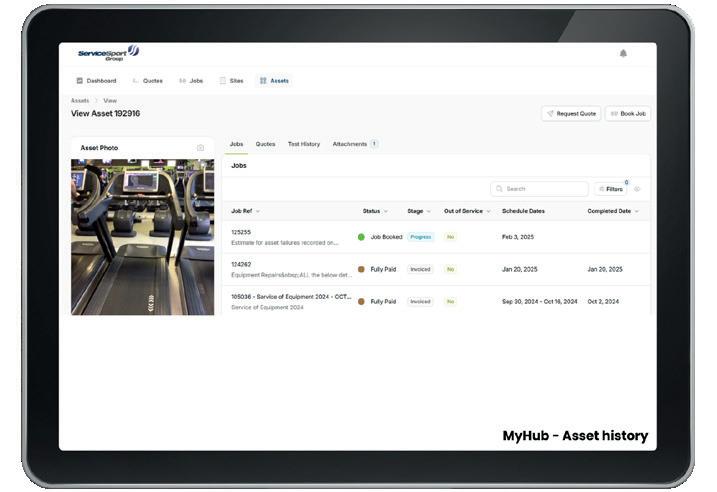
MyHub features an intuitive interface
ServiceSport has launched its new customer portal, MyHub. The platform represents a significant investment in technology, designed to make managing gym equipment simpler, smarter and more efficient for gym operators.
MyHub offers an intuitive, user-friendly interface that empowers gym operators to take control of their maintenance needs with ease. It’s designed for anyone managing gym facilities, whether responsible for a single gym or a chain of fitness clubs.
In a statement, the company said: “The launch of MyHub marks a new chapter in our commitment to deliver unparalleled service and support to our customers. We can’t wait for operators to experience the difference this platform will make in their operations.
“MyHub is more than just a portal; it’s a comprehensive solution for gym operators. Whether an operator wants to resolve maintenance issues, planning equipment updates, or analysing performance across your locations, MyHub delivers the tools they need to work smarter, not harder.”
As well as managing and monitoring service and repair callouts, the platform allows gym owners to create job and quote requests.

Millennials are prioritising spending their disposable income on their health and fitness – preferring exercise and wellness over activities such as eating out and drinking socially.
According to a survey by ukactive – based on a Savanta poll of 6,292 UK adults – health and fitness came at the top of spending priorities for millennials, with almost a quarter (23%) investing in gym memberships and other fitness services.
The study polled 1,030 people aged 25 to 34 (considered Millennials) across three waves in April, July and September 2024. Of all the age groups surveyed, the Millennials led the way in spending on health and fitness/gym memberships, suggesting that they are investing in their long-term health and fitness over short-term pleasures.
After wellness, the next most popular area of spending for Millennials was holidays (14%), while health and fitness was almost four times as popular as eating out or
drinking socially, which only six per cent regarded as their priority.
In comparison, 16% of 16–24-yearolds prioritised spending on health and fitness/gym memberships, 21% of 35–44-year-olds, 13% of 45–44-year-olds, 10% of 55–64-year-olds, 9% of 65–74-yearolds and 10% of those over 75.
The overall figures across all ages show that Brits are spending three times more on their health and fitness than they are on drinking socially (15% vs 5%).
Options such as eating out (9%) were also lower on the charts, suggesting that many are choosing to invest their money in gym memberships for their long-term health and wellbeing.
Across all age groups, the top spending trends were:
• Putting money into savings (27%)
• Spending it on holidays (20%)
• Spending on health and fitness/ gym memberships (14%)
• Shopping (other than food) (11%).
Ealing Council’s planning committee has approved plans to transform the old Gurnell site in Ealing, West London, into one of the UK’s best public leisure centres.
The green light for the new leisure centre was given on 15 January and marks a crucial step forward in the Gurnell masterplan delivery, revitalising a significant community hub that is positioned between five of the borough’s seven towns – Ealing, Northolt, Perivale, Hanwell and Greenford.
The new leisure complex will provide health and fitness facilities and plans for the site include a 50-metre swimming pool, making it one of only three open 50m indoor pools in London, along with a climbing wall and state-of-the-art gym.
The new site will offer an enhanced wet area, including a waterpark, slides, and lazy river, as well as exercise studios, a soft play area and café. Around the centre plans include a new skate park, cycle pump track, outdoor
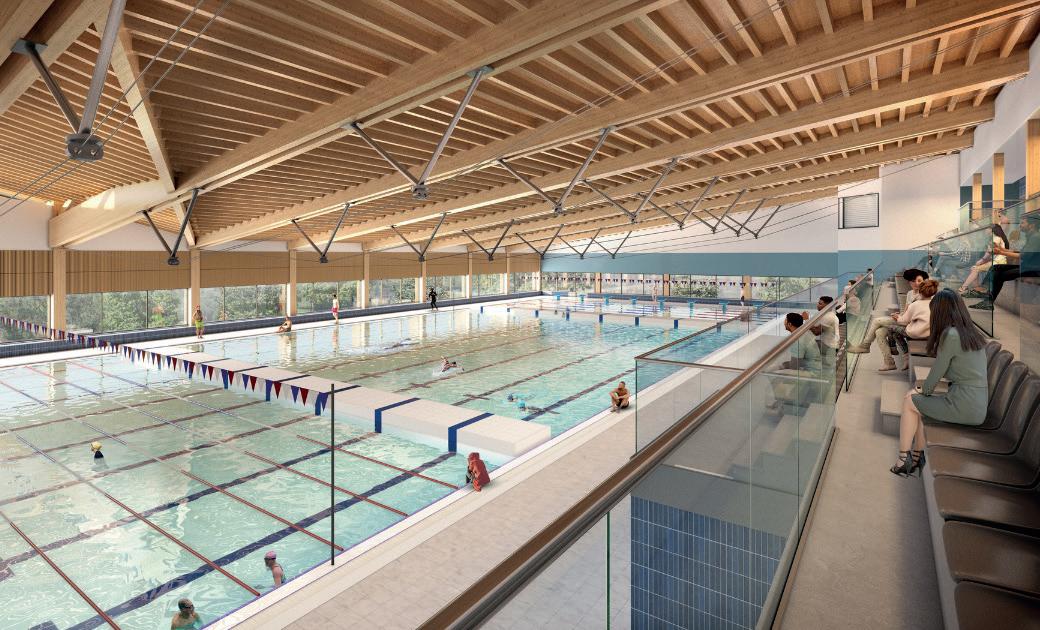
Plans for the centre include a 50-metre swimming pool
gym and children’s playground.
Leader of Ealing Council, Councillor Peter Mason, said: “The Gurnell Leisure Centre was not just a hub for health and fitness – it was the face of leisure for multiple generations of the community. Thousands of children across the borough learnt to swim
there, while for others it provided an opportunity to exercise, unwind, and socialise with friends and family.
“With the new plans being approved, we’re pleased that we’ve taken a major step forward in providing a new venue that can continue the Gurnell Leisure Centre’s legacy on an even larger scale.
Nordic biotech company, Pila Pharma, has raised SEK10m (£7.28m) in a directed share issue to undertake an international study on a new obesity drug. According to Pila Pharma, the study will assess the performance of a particular molecule – a TRPV1-antagonist – in weight loss medications. Specifically, the study will assess the safety of the molecule in increased dosages, as well as expand on the number of study participants to determine whether the molecule has potential as part of a new tablet-based obesity treatment. An intense battle is being fought for global market shares in the world of weight-reducing medicine. Major players in the market include the likes of Novo Nordisk – which produces Ozempic and Wegovy – and Eli Lilly.

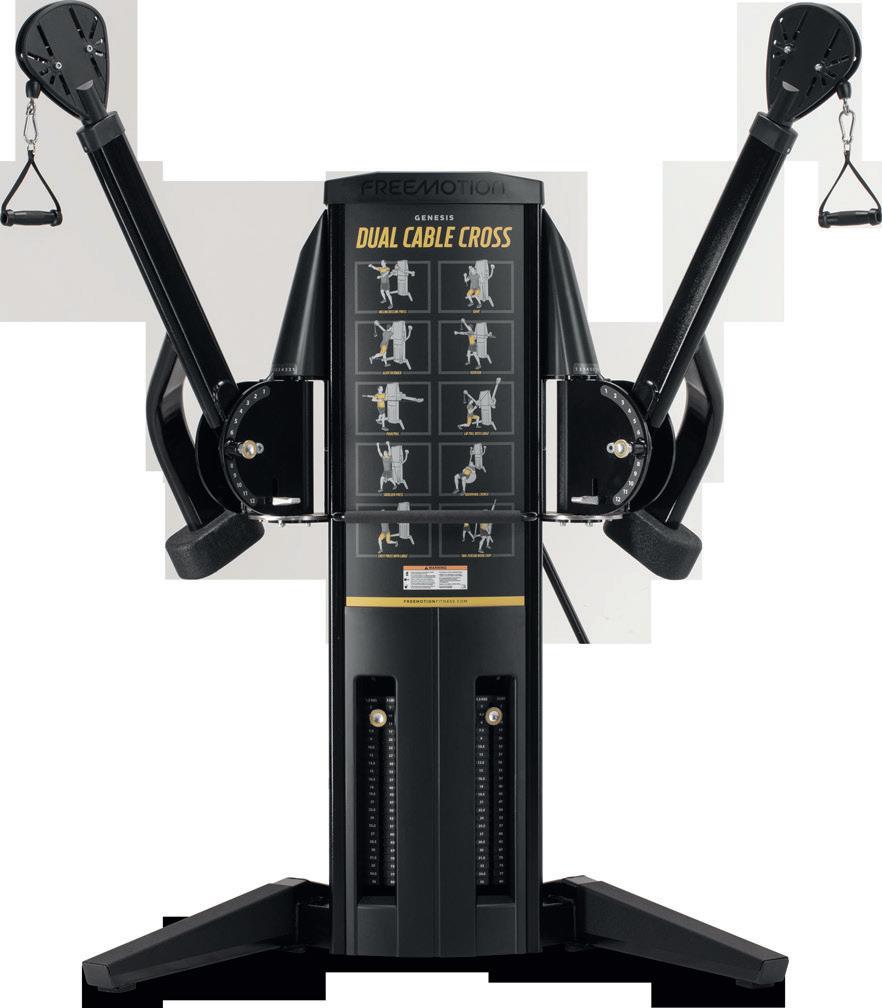
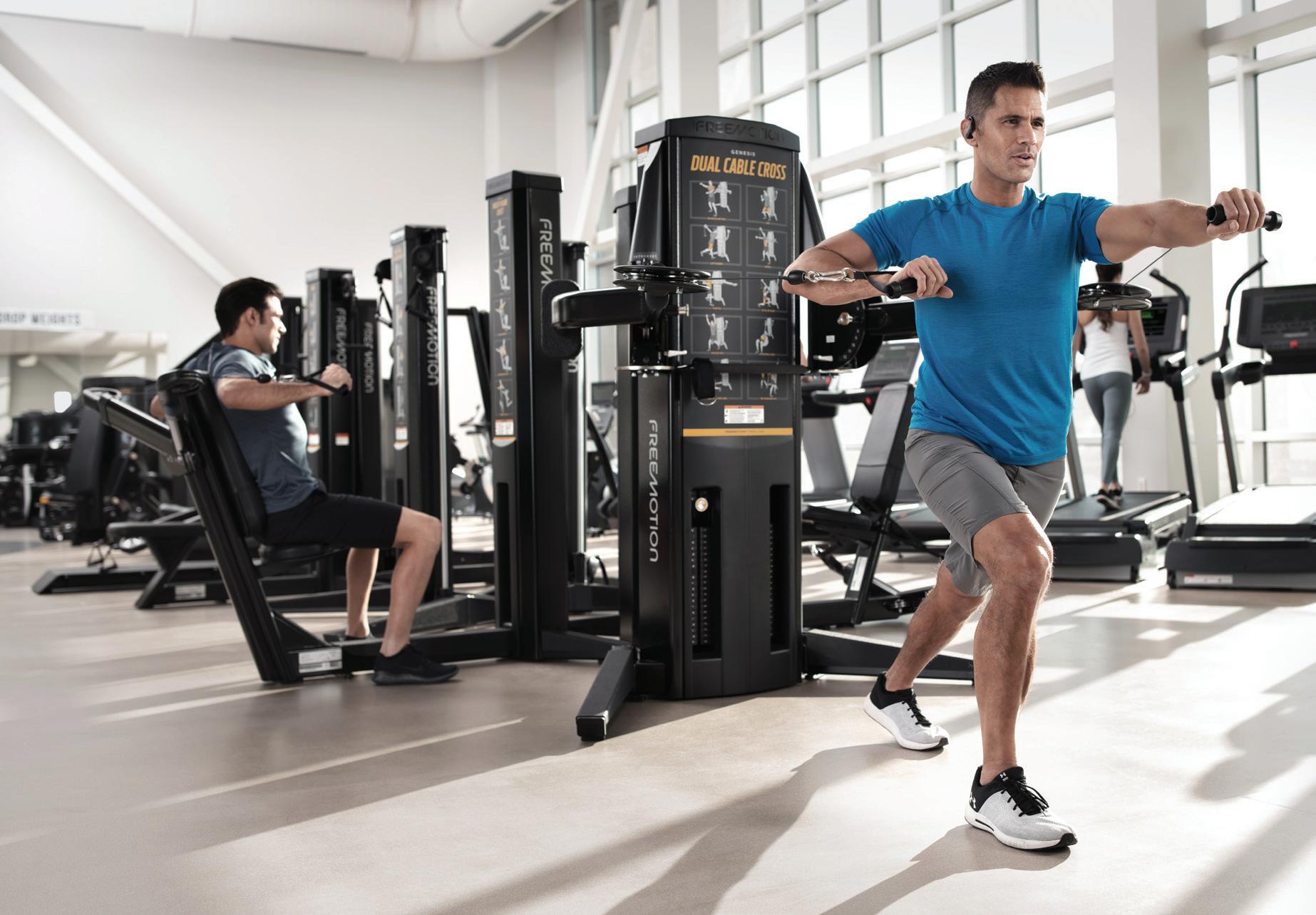
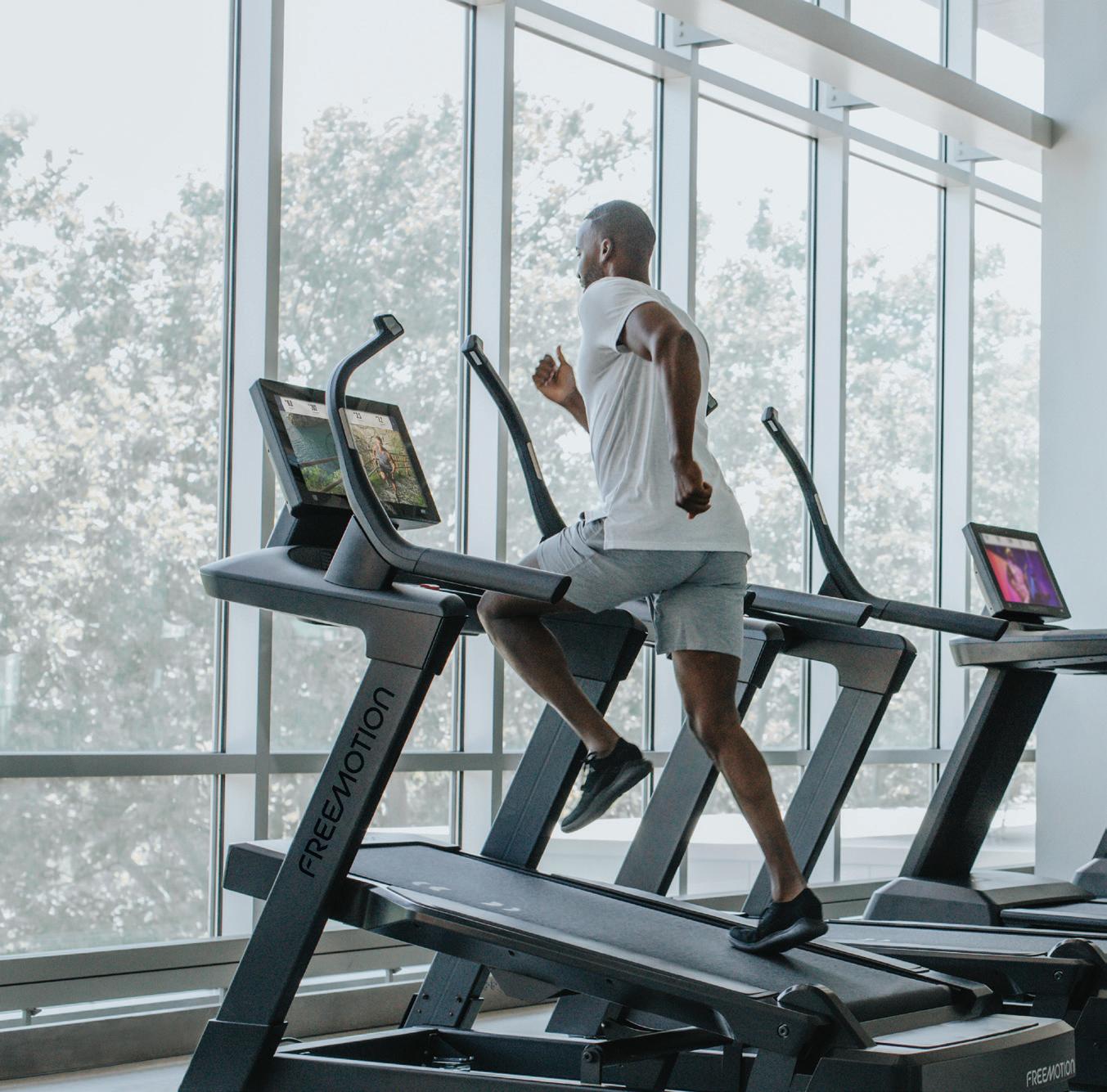
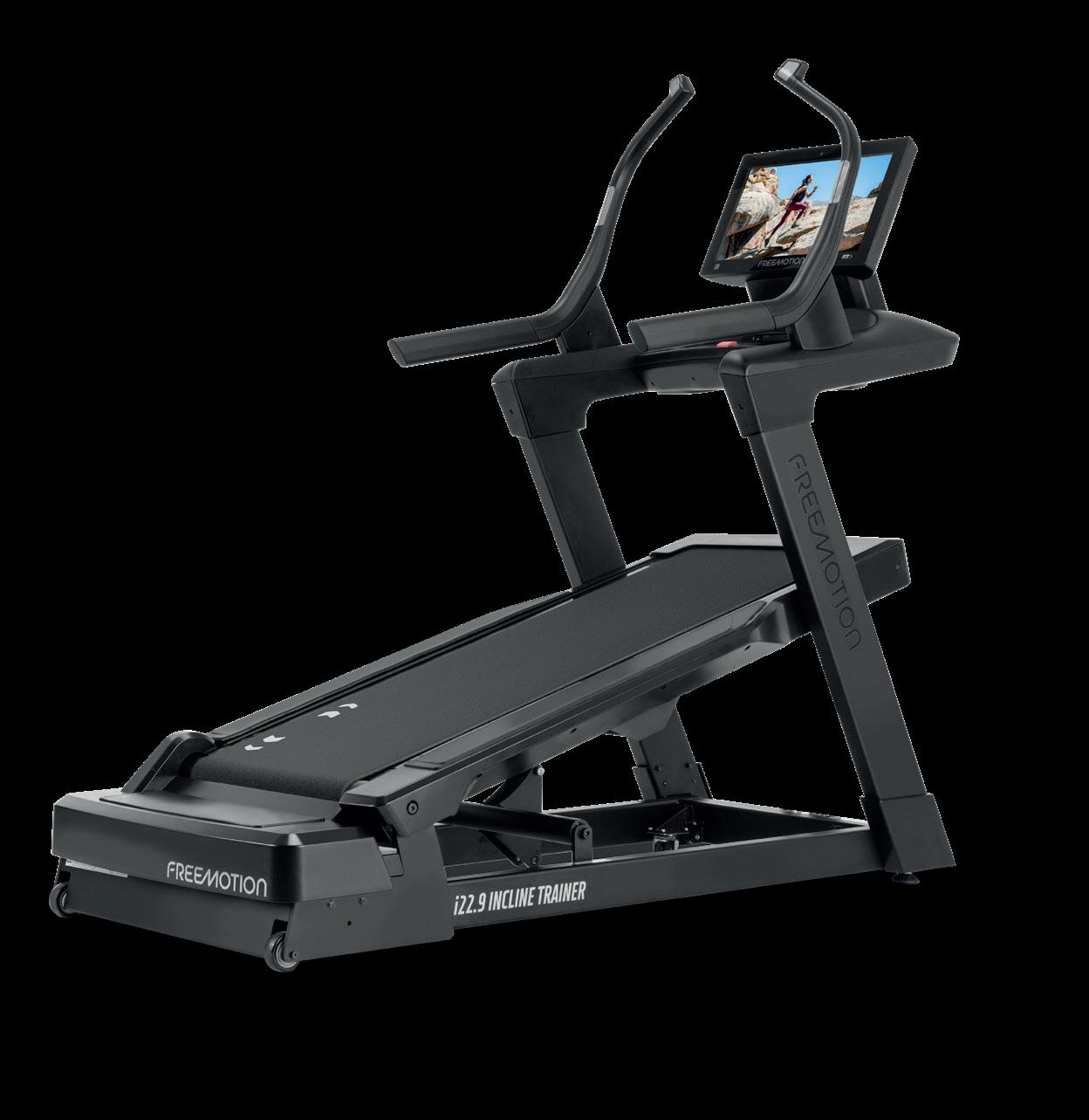

Taylor Made Designs (TMD) has invested in precision printing technology, which will enable it to offer branded padlocks for health clubs, gyms, leisure centres and physical activity facilities.
Offering a range of padlocks, TMD caters for a variety of needs, from generic, off-the-shelf combination padlocks to highend bespoke padlock designs.
“Creating a uniquely designed padlock means operators can have a high quality product while keeping the brand front of mind,” TMD’s MD, James Taylor said.
Impulse Leisure is celebrating its 25th anniversary this year, marking a quarter-century of operating sports and facilities in Thurrock, Essex and the surrounding areas.
Founded in 2000, the charitable trust now receives more than 500,000 annual visits to its sites, which it runs on behalf of local authorities. In a statement, the trust said: “Inspiring future generations to learn to swim and providing a wide range of services, we have truly played a pivotal role in supporting healthier lifestyles and a stronger community.”
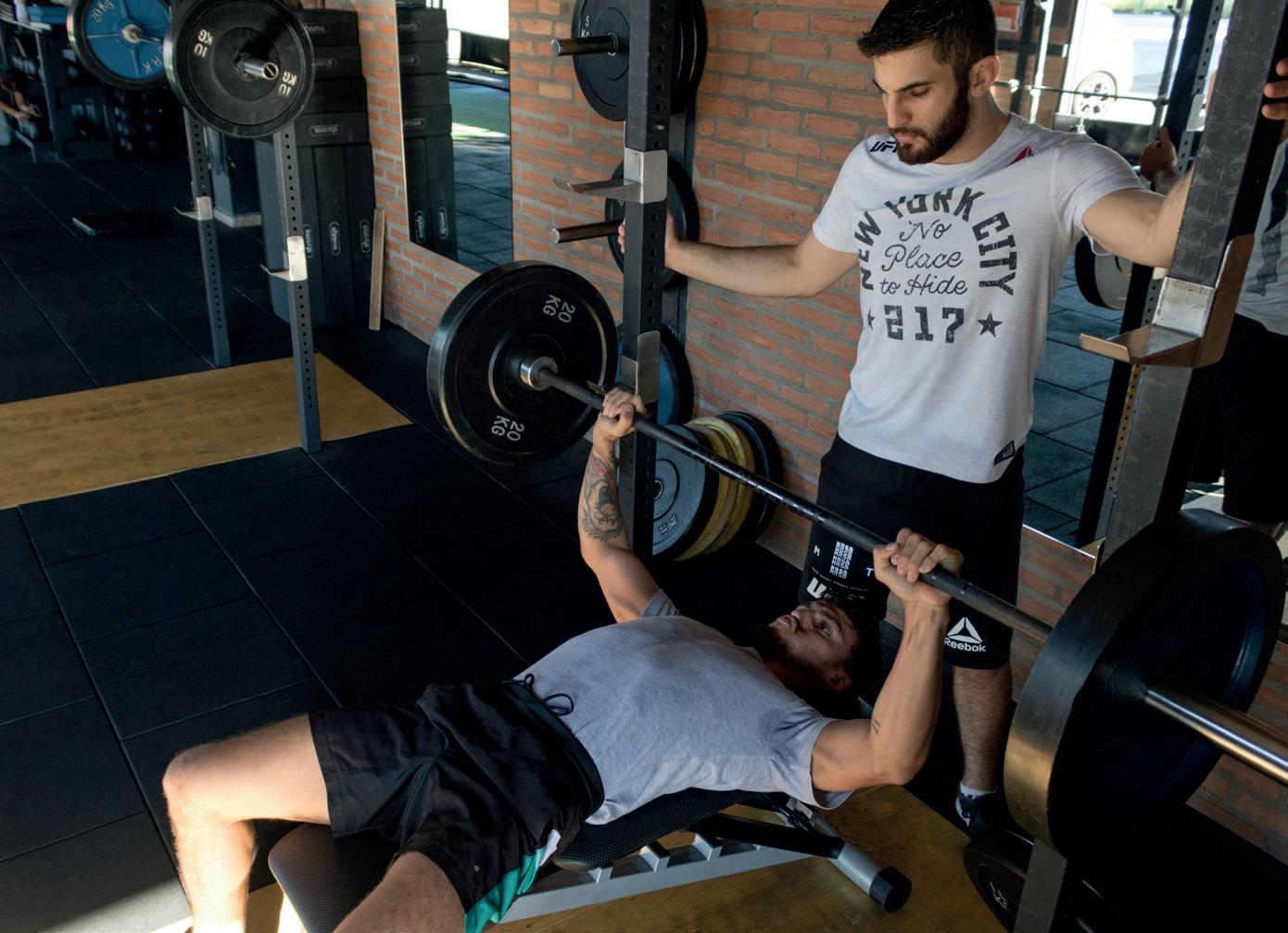
A new initiative has been launched to help job seekers to find and secure roles in the sport and physical activity sector.
The Chartered Institute for the Management of Sport and Physical Activity (CIMSPA) has partnered with the Department for Work and Pensions (DWP) to create resources and training on careers in the sector.
As part of the scheme, Job Centre Work Coaches and DWP Employer Engagement Officers across the country will be educated on how to better support job seekers to explore the wide range of roles available in the sector.
According to CIMSPA, this will also strengthen the links between local DWP leads and CIMSPA’s local skills delivery team to further enhance skills development and work opportunities in each locality, supporting place-based initiatives that deliver on local priorities.
In addition, CIMSPA will be working to support more than 130 DWP School Advisers, who are working across over
a thousand schools, with access to careers guidance on opportunities available to inspire young people to consider a career in the sport and physical activity sector. As a sector, sport and physical activity employs close to 600,000 people, with high demand for people to fill vacant roles.
Longer-term, CIMSPA will be working with DWP staff to make training opportunities available to DWP customers who want to start a career in the sport and physical activity sector.
Tara Dillon, CEO of CIMSPA said: “We will be working with DWP colleagues to help more people discover how they can find and build an amazing career in our sector.
“The sport and physical activity sector has some huge benefits for someone looking for a fulfilling role that is flexible and offers great development opportunities. By building a career in our sector you really can change lives, helping people to be healthier and happier through being more active.”
The Power Plate® REV™ is a revolution in health and fitness that can help gyms and health clubs take their members’ workouts to a new level
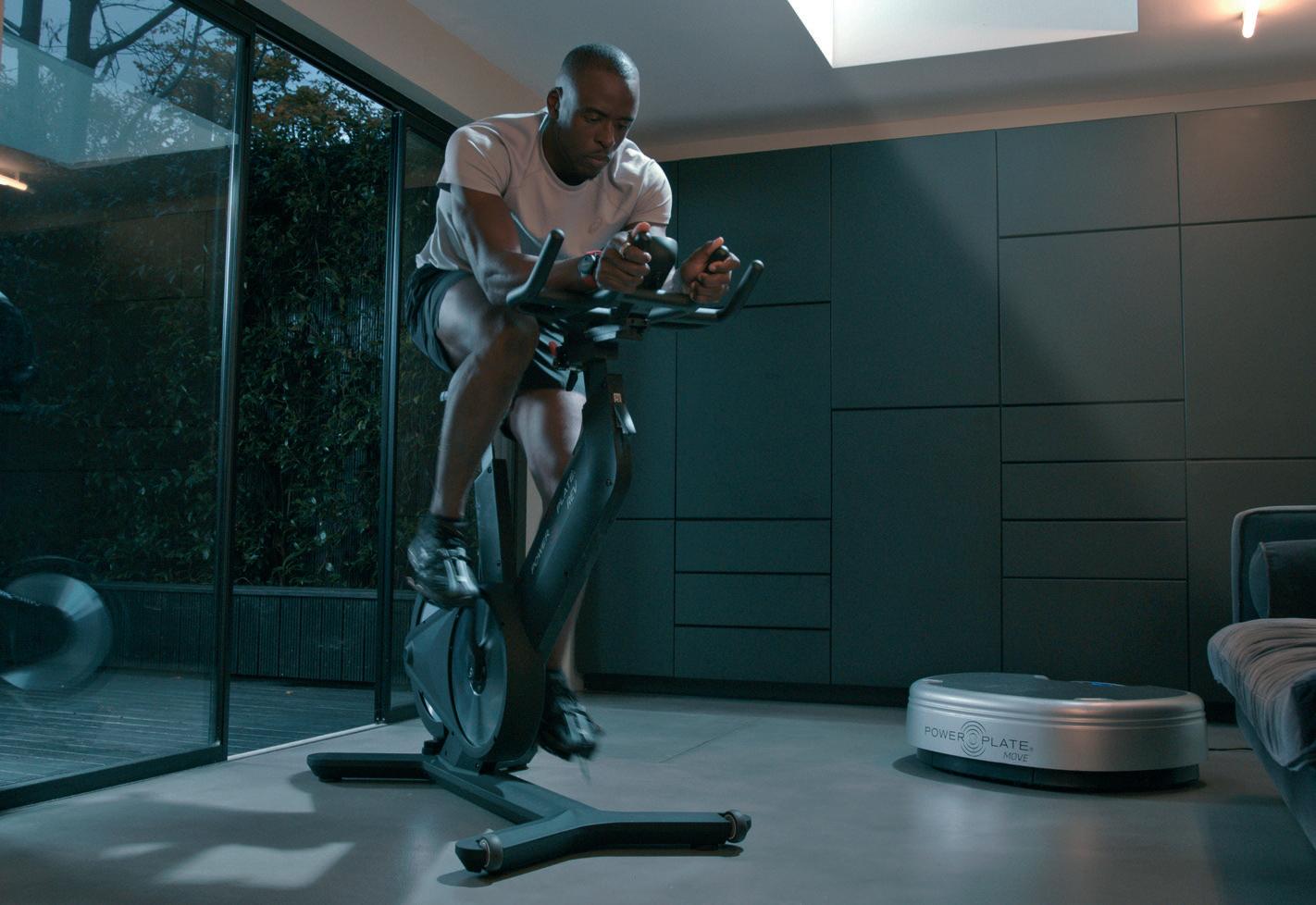
As wellness becomes a top priority for consumers, many are turning to science-backed strategies to enhance longevity.
A key marker in this pursuit is VO2 max, a crucial indicator of cardiovascular fitness and overall health. VO2 max measures how efficiently your body uses oxygen during exercise, and improving it can significantly reduce the risk of chronic diseases and extend your lifespan.
However, as we age, VO2 max naturally declines. The solution? High-intensity exercise, particularly HIIT and steady-state cardio, can improve VO2 max – but what if there was a way to get faster results with less time and effort?
Enter Power Plate REV, a revolutionary fitness solution that uses VibeShift Technology® to deliver accelerated gains in VO2 max, muscle activation, and overall fitness. This innovative approach combines vibration with cycling, offering a more efficient, effective workout.
How vibration enhances cardio fitness
Tony Molina, longevity expert and founder of AreteLifelab, explains the science behind the REV’s success: “The vibration triggers a subconscious response in the body while amplifying your conscious physical effort. It’s like surfing—using the wave’s inertia while you ride it. Your brain and body work together to improve oxygen uptake, lung capacity and endurance.”
The REV’s vibration increases the physiological demand on your cardiovascular and neuromuscular systems. This means users spend more time near their maximum oxygen uptake during interval training - critical for improving VO2 max. The result? Enhanced cardiovascular health, faster fitness gains and improved endurance.
Research shows that the REV dramatically boosts muscle activation compared to traditional stationary bikes:
● 43% increased calf activation
● 167% increased quadriceps activation
● 144% increased hamstring activation
● 138% increased glute activation
These increases translate into a more effective workout, meaning you get faster results with shorter training sessions. Molina highlights, “The REV combines energy, frequency, and vibration to deliver results at a cellular level. It’s not just exercise—it’s mastery of energy and health.”
The REV is user-friendly, customisable, and accessible to anyone. It can be used with or without vibration, and the intensity adjusts automatically based on effort. “The magic is delivered through the pedals” explains Molina. Designed to accommodate any footwear, eliminates the need for cycling-specific shoes and allows for a seamless transition from one exercise session to the next.
With wellness and longevity top of mind, the Power Plate REV stands out as a breakthrough in fitness technology. Not only does it provide faster, more efficient fitness results, but it also aligns with the growing demand for products that support healthy aging.
“It’s the only equipment that combines vibration with cardio to optimize VO2 max and deliver long-term health benefits.” says Molina.
The Power Plate REV offers an innovative, sciencebacked solution for anyone looking to optimise their fitness while enhancing their longevity. Whether the goal is to improve VO2 max, increase muscle activation, or simply make workouts more efficient, the REV provides an unmatched experience. For more information, visit: commercial.powerplate.com
Fitness participation rates in the United Arab Emirates and Saudi Arabia are growing faster than anywhere else in the world, according to a report charting the region’s gym market
United Arab Emirates (UAE)-based health club operator, GymNation, has published what it says is the Middle East’s largest ever health and fitness survey. Analysing responses from more than 9,600 residents across the (UAE) and the Kingdom of Saudi Arabia (KSA), the report aims to shine a light on barriers, opportunities and a fitness industry that continues to shift.
Titled UAE & KSA Health & Fitness Report 2025, the report’s findings reveal a significant fitness boom in the region, with 92% of respondents expressing a desire to lead healthier lives in 2025.
The overall market trajectory reflects this trend. Saudi Arabia is witnessing an increase in penetration of gym users at 16.8% (Compound Annual Growth Rate – CAGR) from 2020 to 2023 – the fastest globally – while the UAE ranks third at 5.8%.
Encouragingly, more than 40% of participants
Karl Foster, GymNation’s Technology Officer
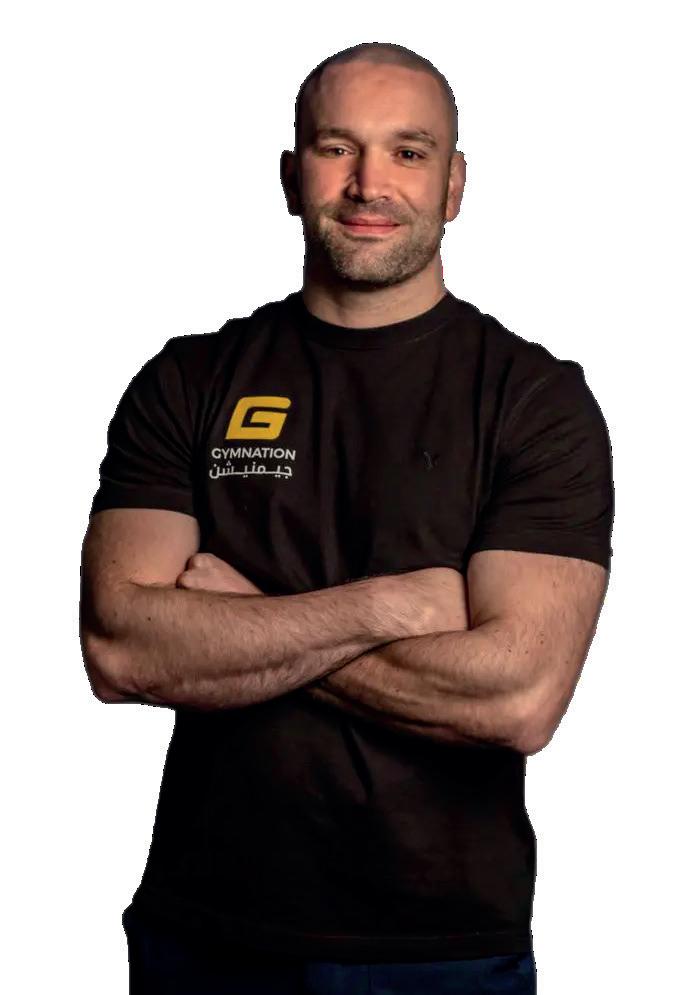
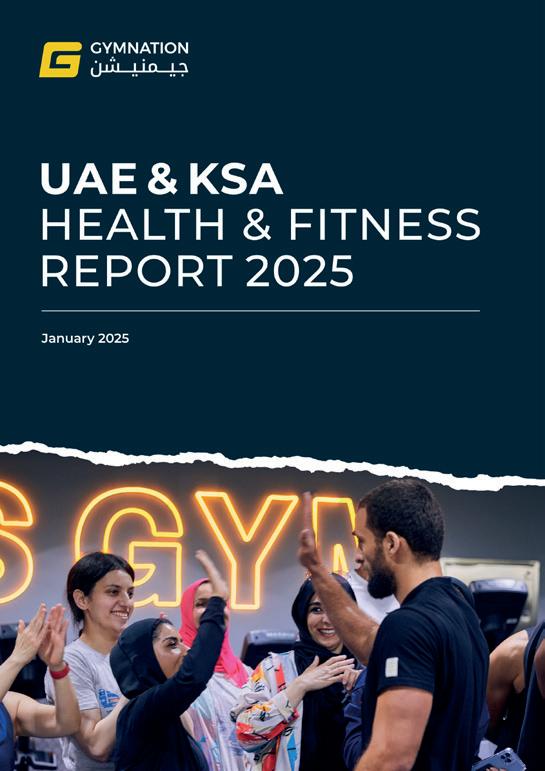
in both countries have increased their fitness spend in the last year – and more than half of respondents (62% KSA, 55% UAE) plan to increase their spending in 2025, reflecting a robust market poised for continued expansion.
Gym memberships are also seen as more than just beneficial for physical health. Nearly half of the respondents see the gym as part of their social life, with one in five forging meaningful friendships there.
Roughly a quarter of respondents in Saudi Arabia (27%) and the UAE (25%) see the gym as a “major social hub.” These individuals report regularly meeting friends, socialising, or forming new connections during their workouts. Meanwhile, about one in five in both countries describe their gym time as “somewhat social,” meaning they occasionally interact with others.
However, high costs and gym intimidation continue to prevent some from starting their fitness journeys. According to the report, nearly
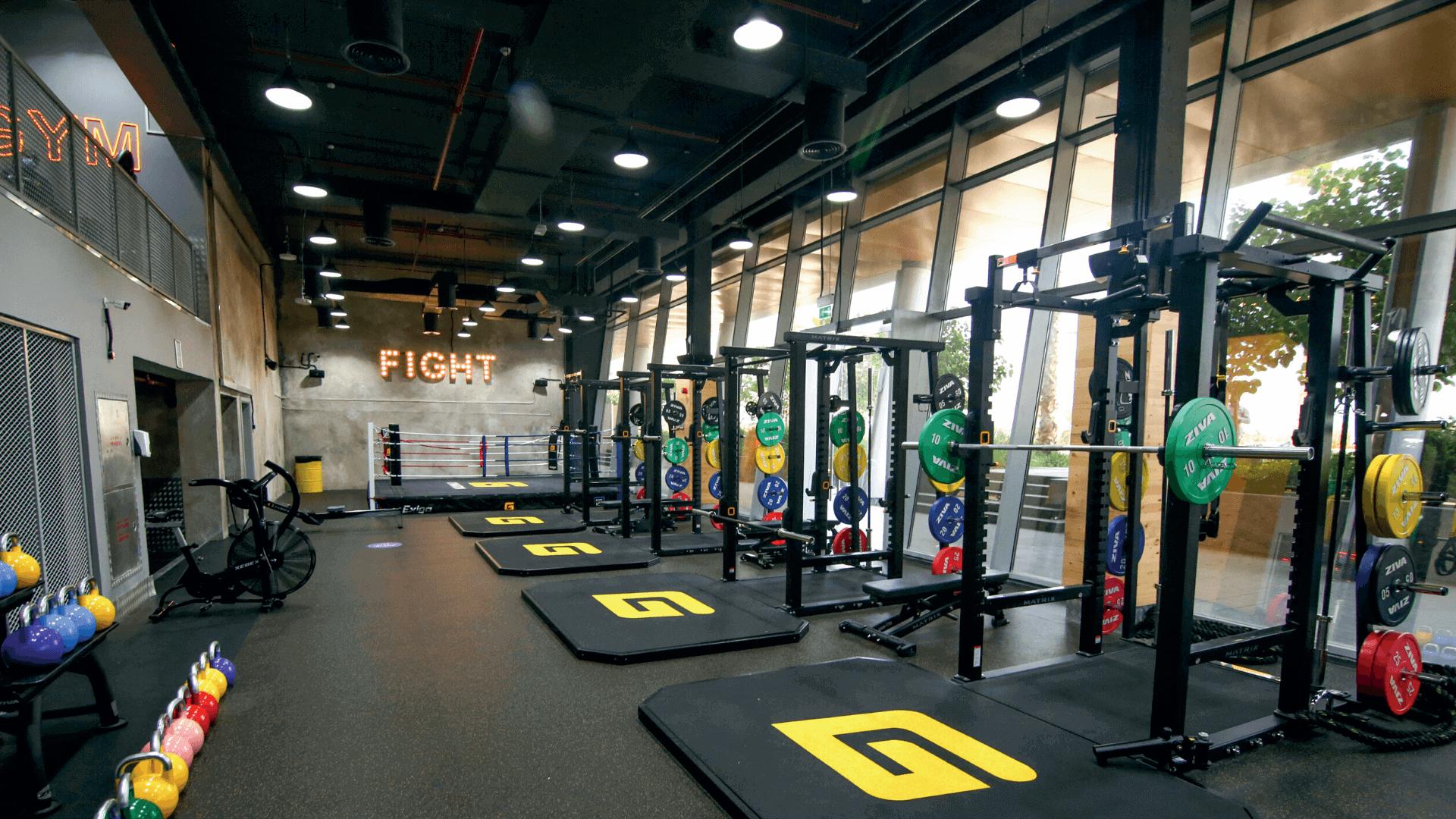
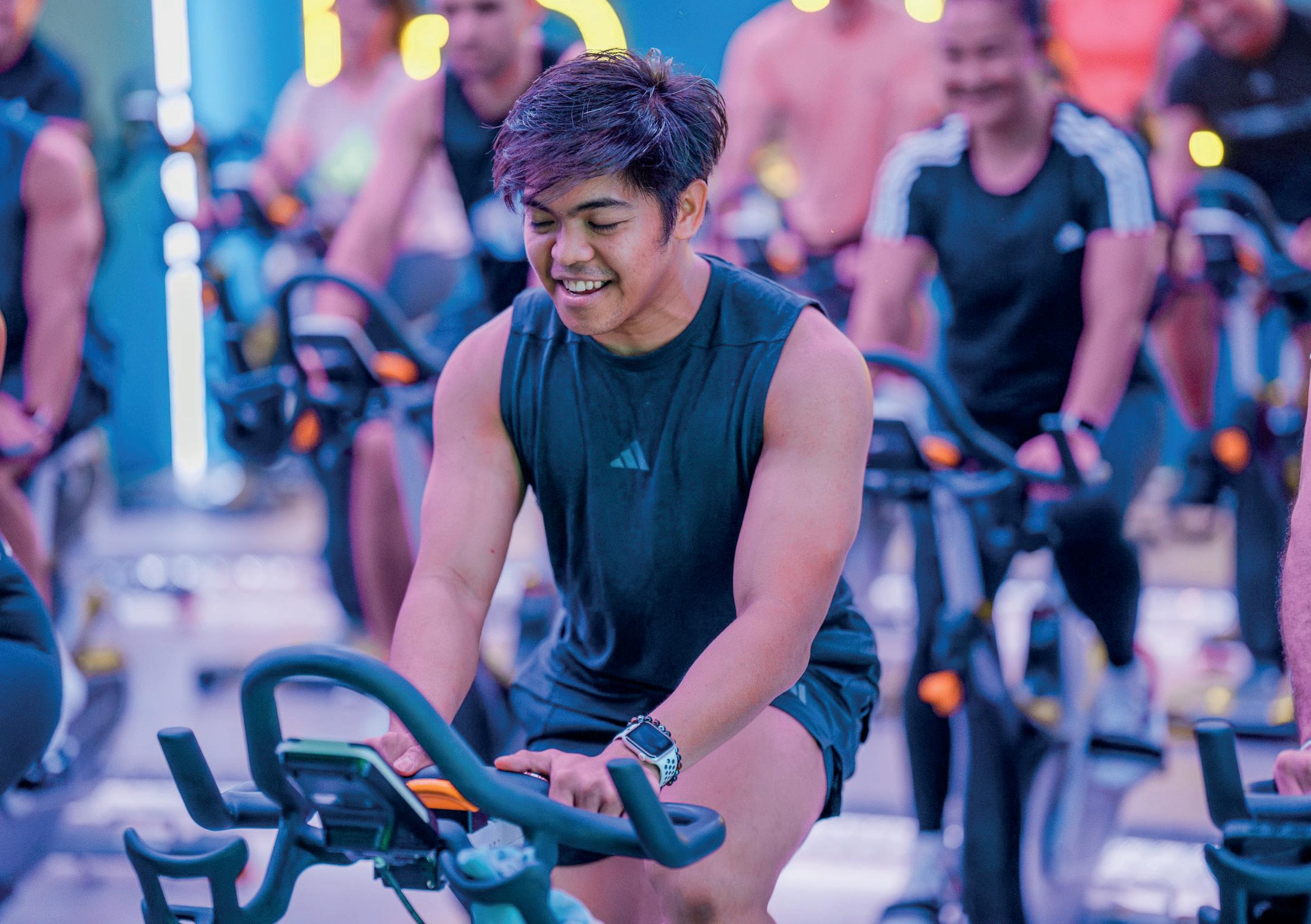
Nearly half of respondents see the gym as part of their social life, with one in five forging meaningful friendships there
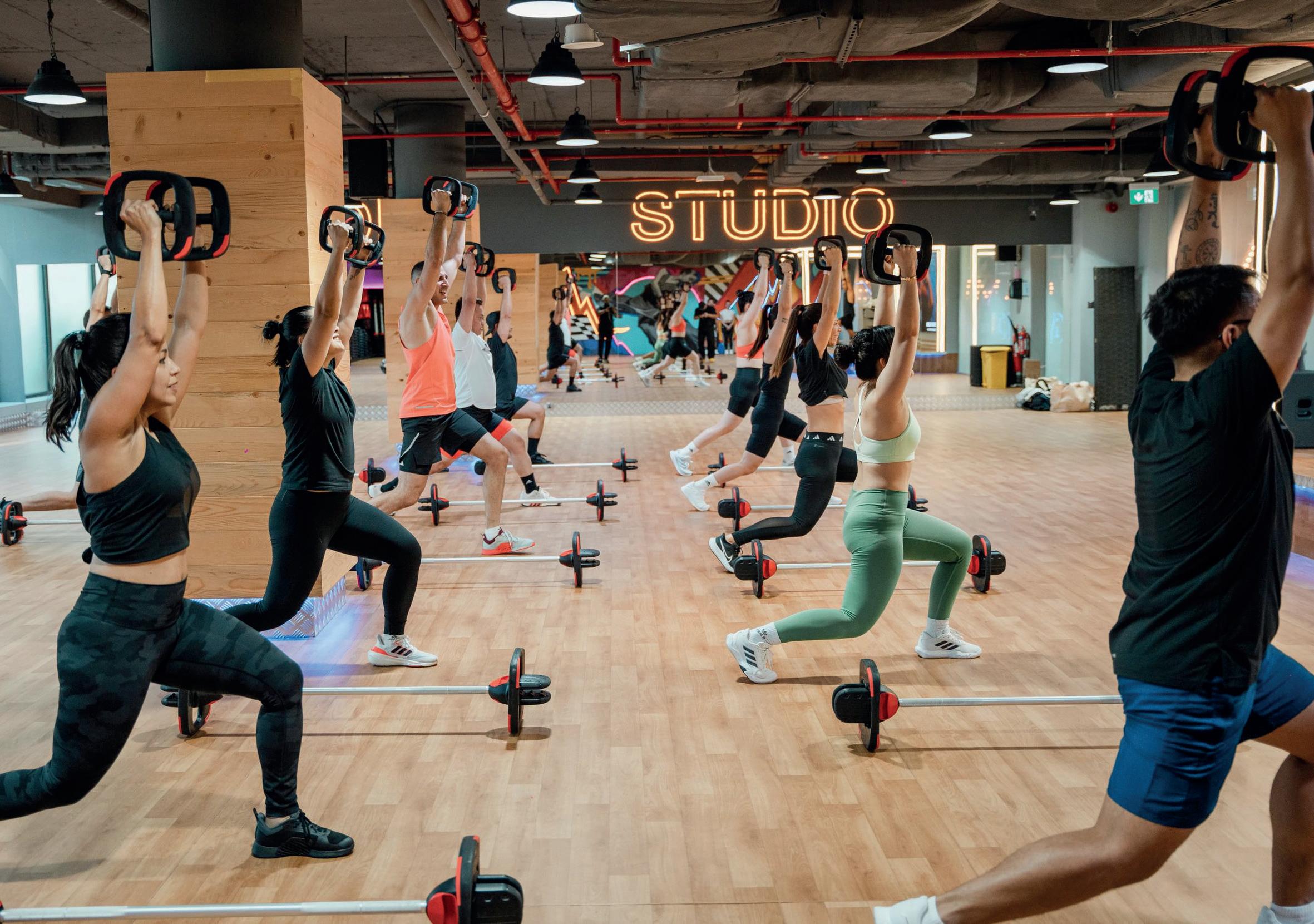
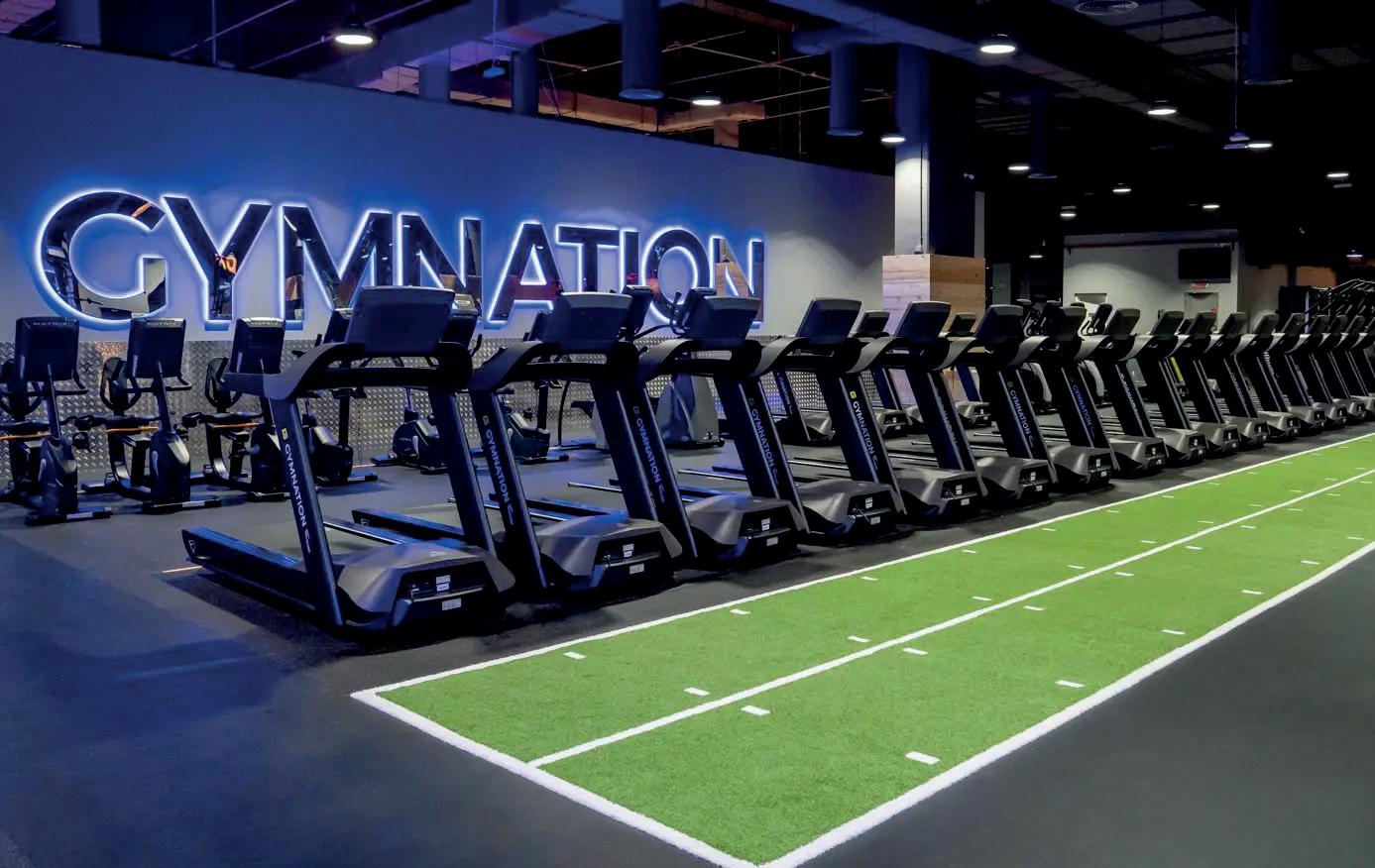
half of all participants experience some form of gym intimidation, with women (50%) reporting the issue more than men (42%). Common reasons for gym intimidation include unfamiliarity with equipment, lack of knowledge of exercises and feeling self-conscious about exercising around others.
“These figures point to a need for beginnerfriendly environments, support, and better education to help newcomers get started comfortably,” the report states.
Commenting on the report’s findings, Karl Foster, Chief Technological Officer at GymNation, said: “Our inaugural Health & Fitness Report is the largest of its kind in the region, with responses from 9,644 individuals across the Kingdom of Saudi Arabia and the United Arab Emirates covering important topics such as perceptions, behaviours, motivations, socioeconomic factors, and much more.
We conducted this research to live up to our commitment to empowering our communities to strive for healthier, more fulfilling lives. I am particularly proud that the report highlights the link between the nation’s progress in nurturing healthier generations and the role we, as an industry, can play in helping people lead fitter lives.
“However, our findings highlight specific barriers— including limited supply, affordability concerns, time constraints, and “gymtimidation”— all of which are real issues and point to the continued need for collective action.
“We hope our research presents a compelling case that these barriers can indeed become opportunities. Currently, Dubai and Riyadh rank among the world’s most expensive cities for gym memberships, at third and fifth place, respectively— making them 150% more expensive than Stockholm, 25% more than London, and 15% more than New York. When we surveyed the public, they echoed these same concerns, with cost and the availability of locations cited as the primary obstacles to exercising.”
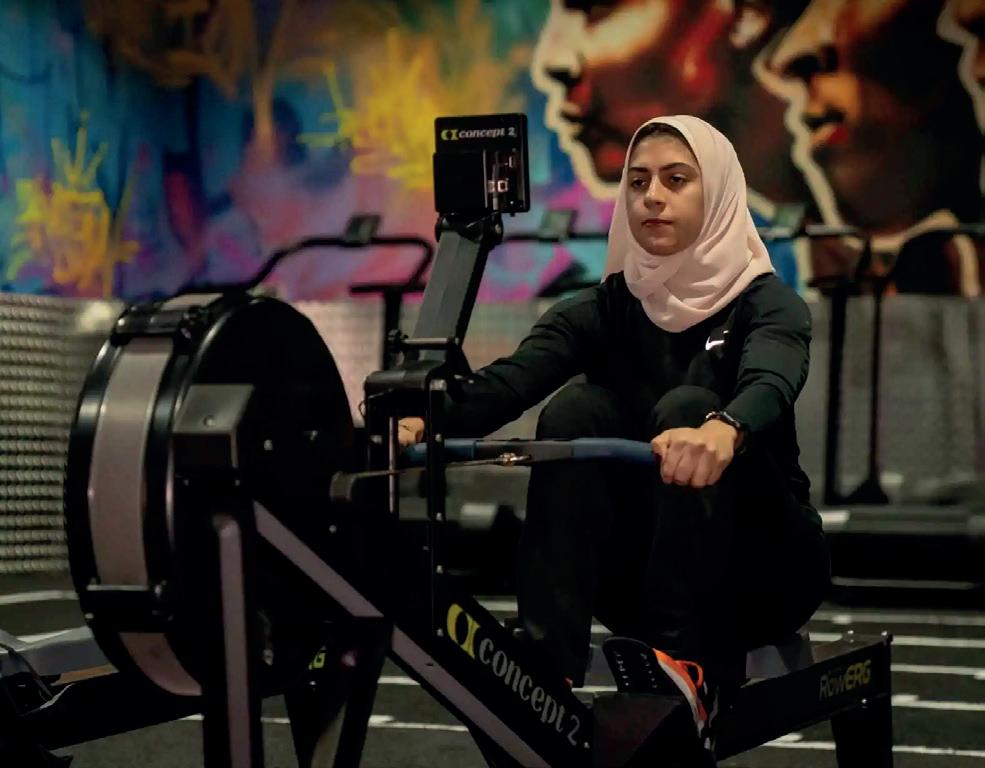
Strong desire to be healthy
■ 92% of respondents in KSA and the UAE aspire to improve their health, far higher than in the UK (76%) and the USA (75%)
■ 64% report their health has improved over the past year, with an additional 26% having maintained it
■ The overall market trajectory supports this focus: Saudi Arabia is witnessing an increase in penetration of gym users at 16.8% CAGR from 2020 to 2023 — the fastest globally — while the UAE ranks third at 5.8%
A boom in first-time gym-goers
■ 56% in Saudi Arabia and 58% in the UAE did not have a gym membership in the previous 12 months, highlighting substantial untapped potential
■ Despite this, 82% describe themselves as at least somewhat active, with 79% working out twice a week or more
■ Government data (Ministry of Investment and Ministry of Sport, 2023) anticipates low-cost gym memberships in KSA to surge with a CAGR of 35–40% for men and 40–45% for women over the next five years, validating the trend of large-scale market entry by new users
The report shows that the Middle East is currently experiencing an early growth phase in the low-cost, high-value gym sector, akin to what the UK saw in 2011. During that period, low-cost gym memberships in the UK grew at a CAGR of 39% over eight years, while traditional private gyms saw no net growth Memberships in low-cost gyms increased from 200,000 to 2.8 million, leading to an increase in the UK’s gym penetration rate from 11.9% to 15.6%.
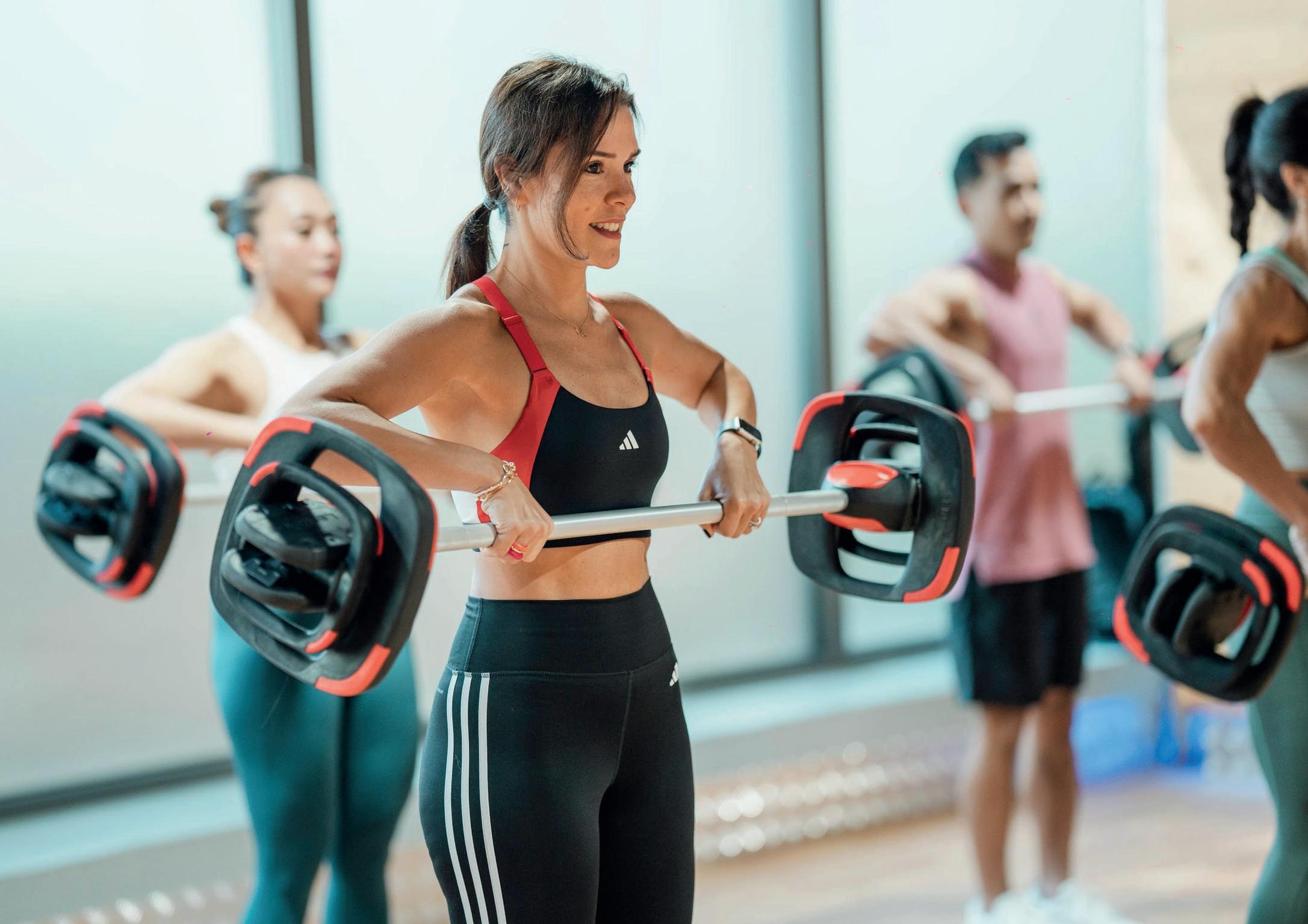
92% of respondents in the UAE and KSA express a desire to lead healthier lives in 2025, highlighting a significant fitness boom in the region
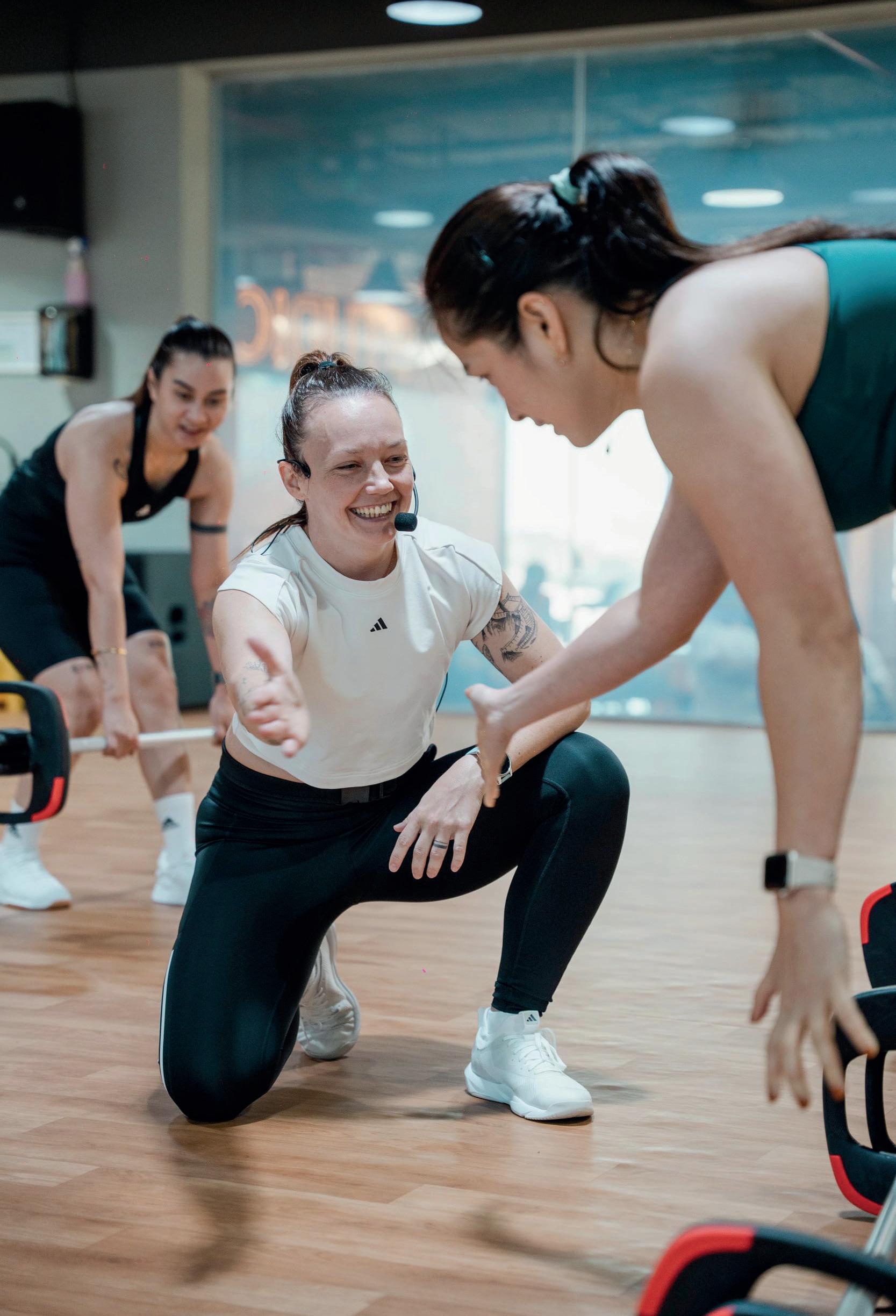
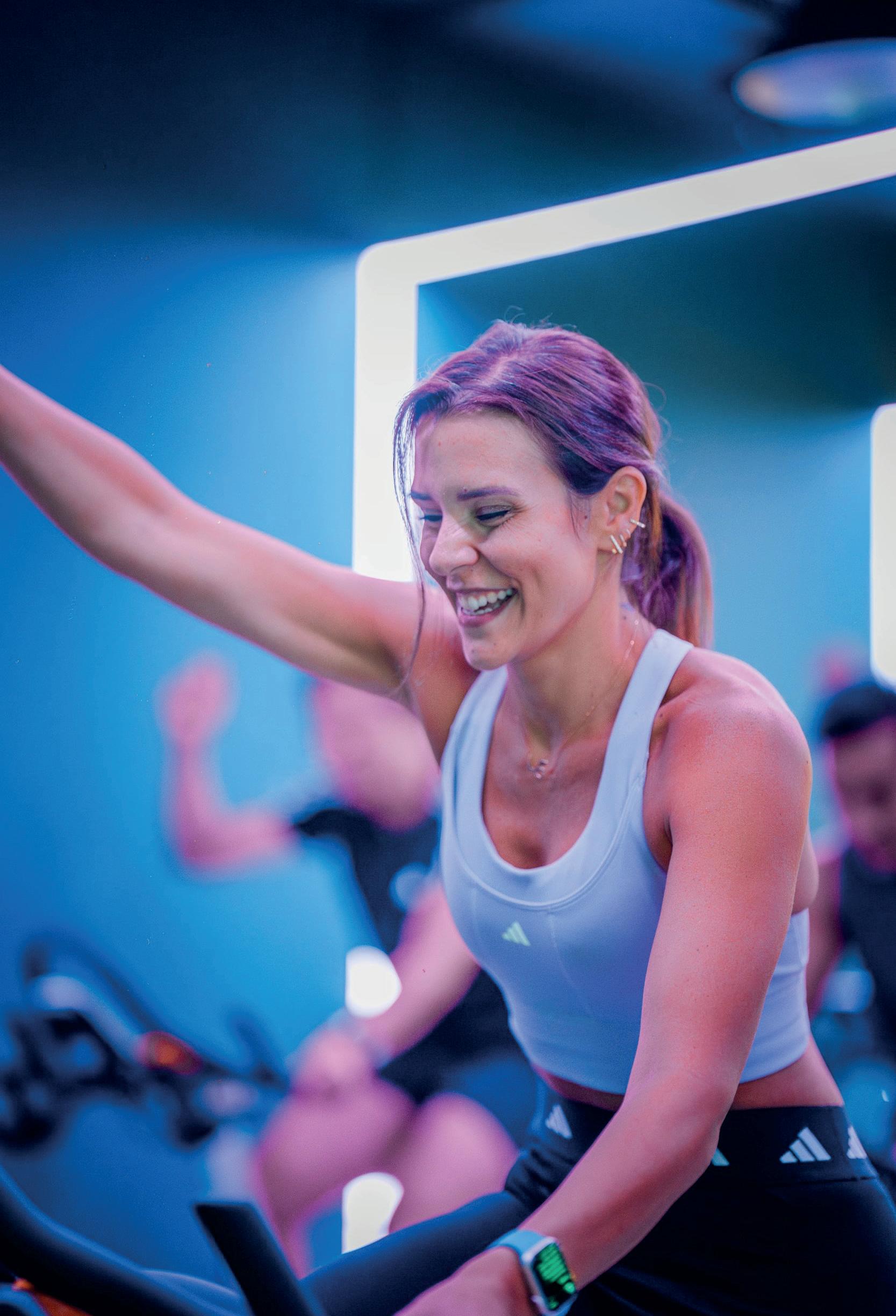
Franchise gym operator, Snap Fitness, has launched a series of new signature group programmes that went live across its UK and Ireland gyms during the week starting 6 January 2025.
The four signature classes, titled S7, are full-body workouts that incorporate all seven of the body’s primal movements; hinge, squat, lunge, push, pull, twist and gait.
Ranging from 30 to 45 minutes in length, S7 Strong, S7 Speed, S7 Sweat and S7 Strike have been designed to improve the exerciser’s range of motion by using every muscle group in one session. The programmes will initially be available as instructorled classes within its gyms before launching to members via on-demand video through the Snap App.
“These unique, in-gym signature programmes bring experience-led workouts into the 24/7 gym sector,” said Andy Carr, Fitness Experience Manager at Snap Fitness UK & Ireland.
“It means our members can enjoy the same type of workouts they’d find in

The programmes will initially be available as instructor-led classes
boutique studios, without leaving their local gym or paying premium prices. We want these classes to stimulate all the senses and have created bespoke music playlists, as well as how we use our lighting to enhance the experience.
“Training in a group environment holds great significance in the member
experience, helping build confidence and connection. Research shows that participants who exercise in groups tend to have greater loyalty and remain members for longer. These developments will play a major role in shaping the future design and layout of our locations.”
William Penn Leisure Centre in Rickmansworth has reopened following a £500,000 transformation of its fitness facilities. The works at the leisure centre, which is owned by Three Rivers District Council and operated by Everyone Active, included upgrades to its gym floor and the creation of three new exercise studios.
The gym space has had a complete layout redesign and now features advanced cardio and strength-training equipment from Life Fitness.
New equipment includes treadmills, cross trainers, rowers, stair climbers, recumbent bikes, free weights, plate-loaded resistance machines, power racks and a new hip thrust station. A dedicated relaxation zone has also been introduced, complete with massage guns for post-workout recovery, ensuring members have access to holistic fitness and wellness solutions.
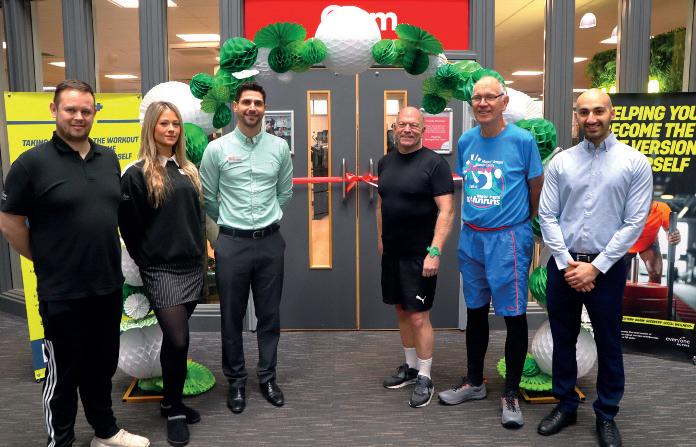


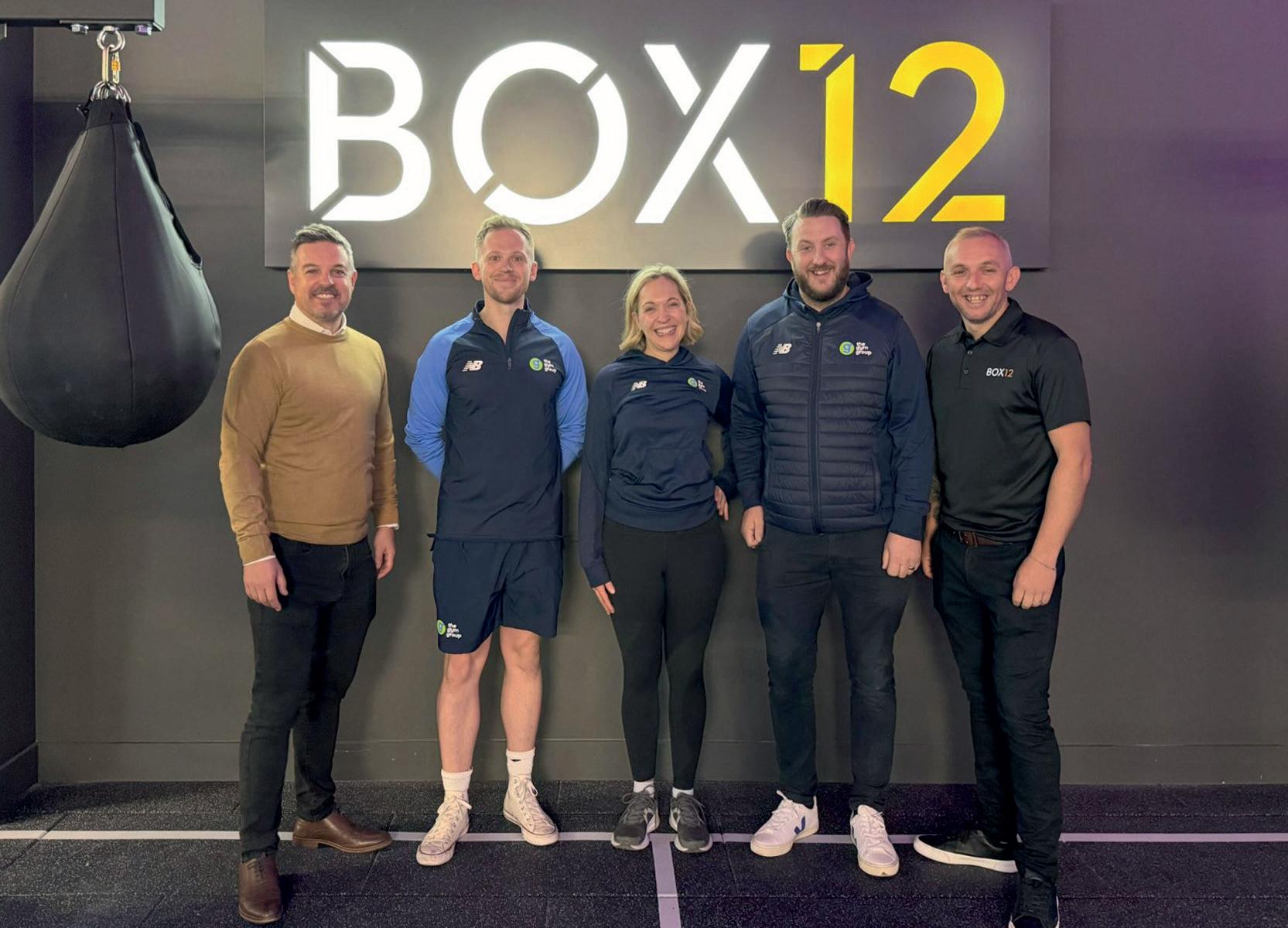
Tech-based boxing and functional training concept, BOX12, has expanded its UK footprint by signing a partnership for five new Gym Group sites.
As a result of the deal, new BOX12 pods are now available at Gym Group sites in Leeds Headingley, Southampton Shirley, Gillingham, and London’s Elephant & Castle and Shepherd’s Bush.
BOX12 is a digital solution that combines boxing techniques with functional training, offering members a high-intensity, guided workout experience designed to optimise both strength and cardio potential.
Founded in 2019, BOX12 was born from a shared vision between two fitness industry veterans, Jamie Cartwright and Jon Eade.
The concept is based on ‘alwayson’ rolling circuits, aimed at allowing members to undertake a fully guided training session on their own schedule, regardless of
when they choose to workout.
The Gym Group was the first low-cost fitness operator in the UK to introduce a BOX12 studio – at its Euston location in London. It currently operates at more than 75 locations.
BOX12’s Co-Founder, Jamie Cartwright, added: “We’re excited to see The Gym Group expanding their BOX12 offering across more locations.
“By making the BOX12 on-demand workout experience available to more of their members, The Gym Group is empowering more people to exercise on their own terms, and benefit from high-quality guided training.”
Catherine Ferma, Operations Director at The Gym Group, added: “Making fitness accessible to all is our mission at The Gym Group.
“By growing our BOX12 offering to additional sites, we’re delivering even more value to our members and expanding access to innovative fitness experiences at the same low monthly cost.”
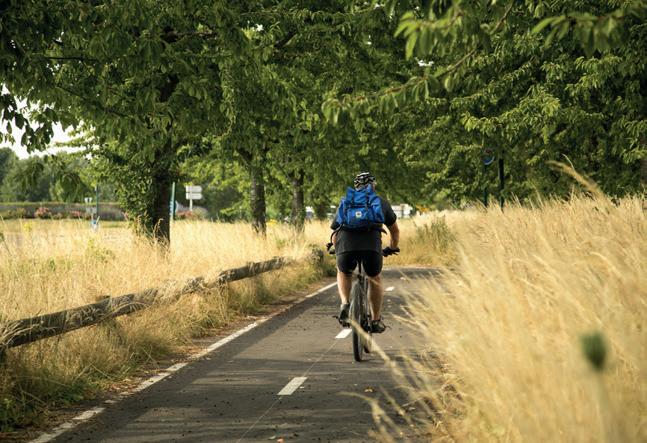
A community cycling initiative in Essex is offering residents living in disadvantaged areas free bikes to encourage them to lead more active lifestyles.
Called Essex Pedal Power, the initiative has delivered a number of cycles to residents in Harlow, where it is working in partnership with Harlow Council, Active Essex and Harlow and Gilston Garden Town.
The project currently has funding to give away more than 200 new bikes to eligible residents living in some of Essex’s most disadvantaged areas.
Danielle Brown, portfolio holder for Community and Wellbeing at Harlow Council, said: “We recognise that cost and time can prevent our residents from being more active, which is why this project is so important as it gives people the opportunity to access cycling and benefit from living a healthier lifestyle. The combination of fresh air, being outdoors and cycling can elevate mood, reduce stress and promote mindfulness. A heartfelt thank you to everyone who has worked tirelessly to bring this initiative to life.”
Kelly Tarling, Project Lead, Rainbow Services (Harlow), said: “These bikes will provide an opportunity for people to engage in physical activity they otherwise might not have been able to access.”
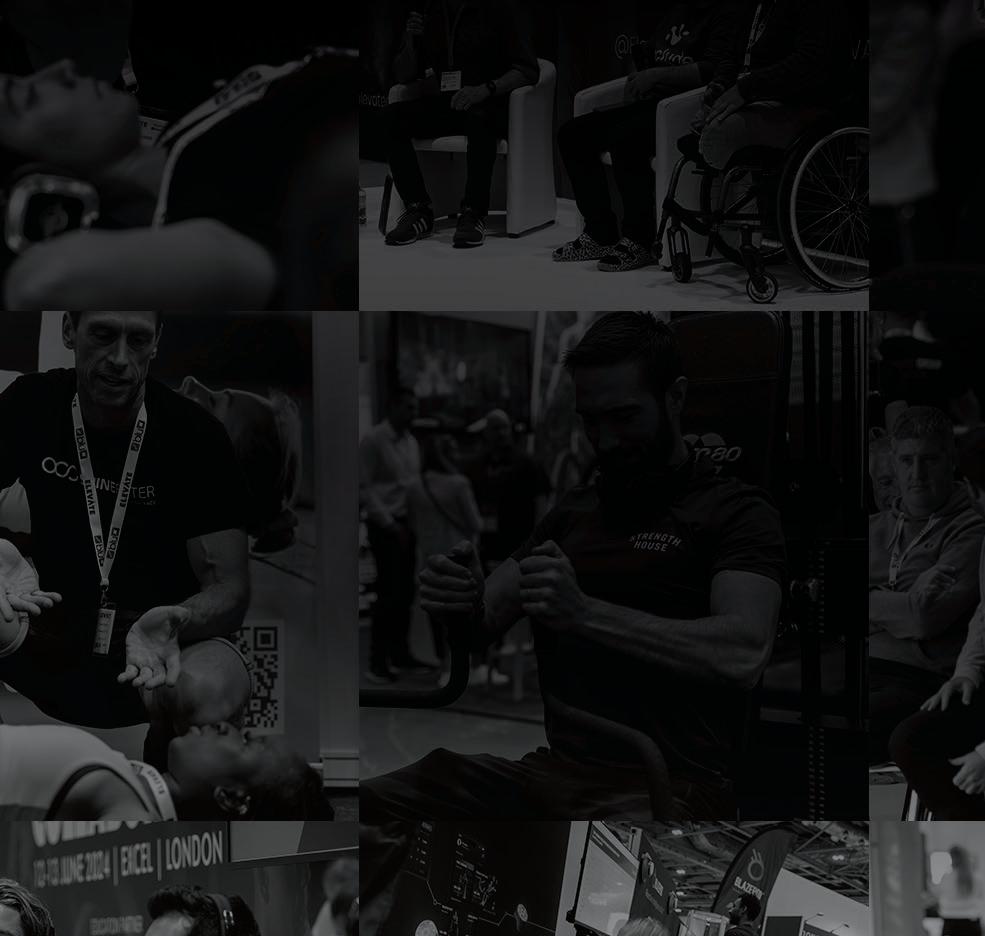
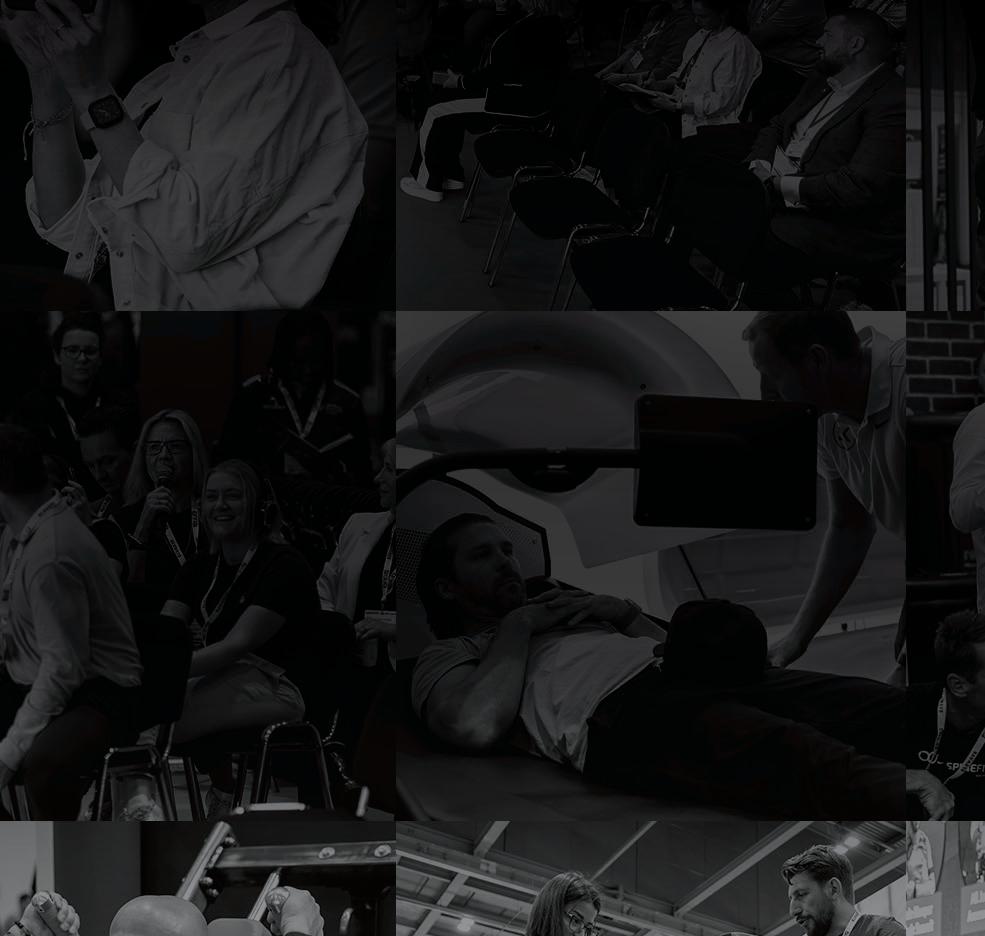




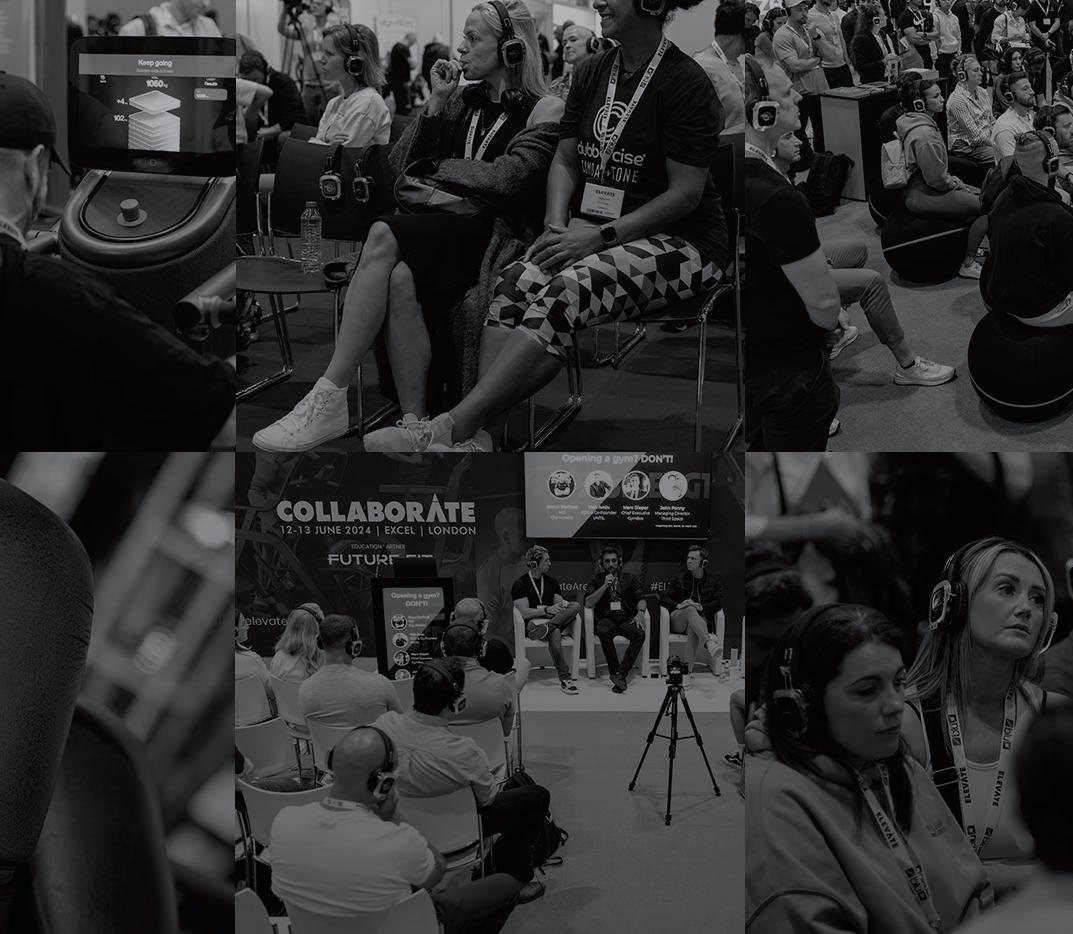

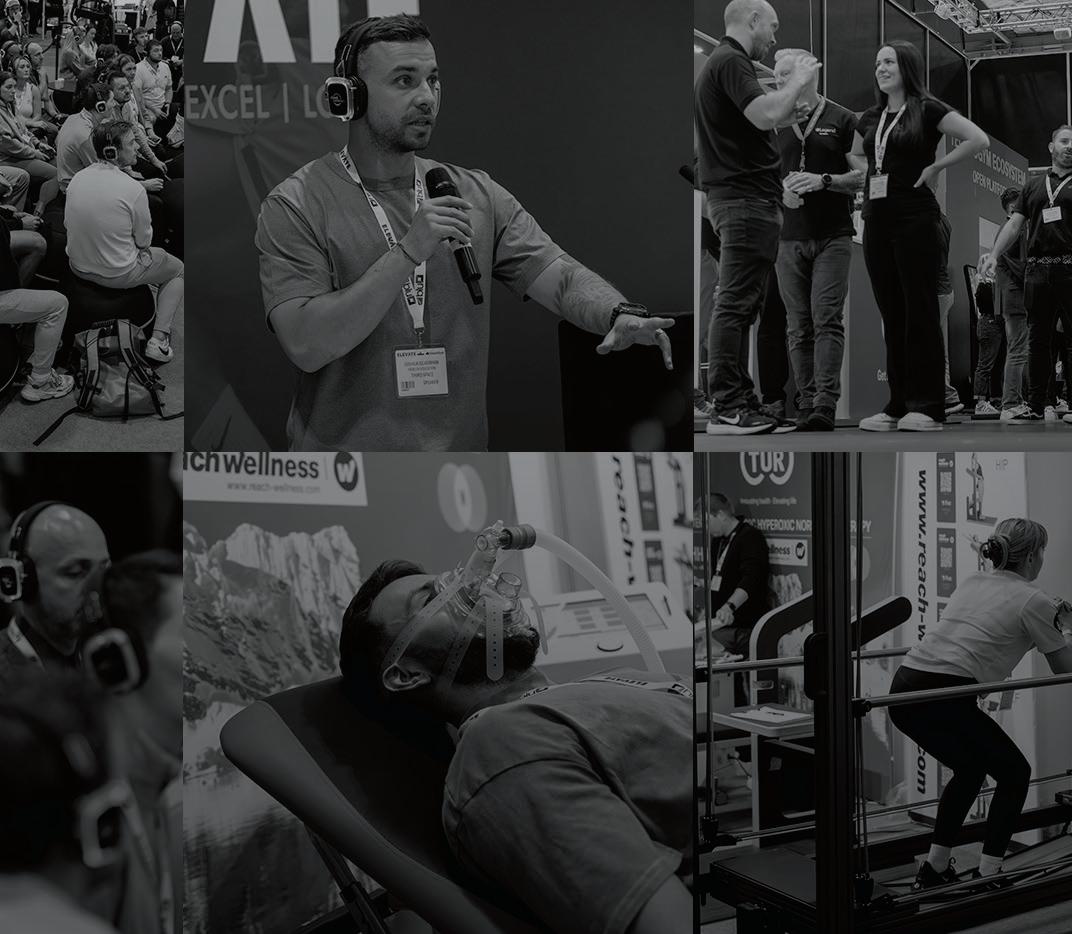

Everyone Active has secured a 15-year contract to manage The Brentwood Centre and Hartswood Pavilion in Brentwood and Clements Hall Leisure Centre and Rayleigh Leisure Centre in Rochford.
Brentwood Borough Council and Rochford District Council awarded the contract as part of a joint procurement process. Both councils agreed to work collaboratively to develop the joint contract to secure economies of scale over a larger portfolio and to attract greater interest from the operator market.
The new contract will commence on 1 April 2025. Everyone Active will now start its mobilisation process, running from January 2025 through to March 2025, which will enable a smooth transition in the run up to take over the contract. Both Rayleigh Leisure Centre and Clements Hall Leisure Centre are currently operated by Fusion Lifestyle.
Councillor Dr Tim Barrett, Chair of the Housing, Health and Community Committee at Brentwood Borough
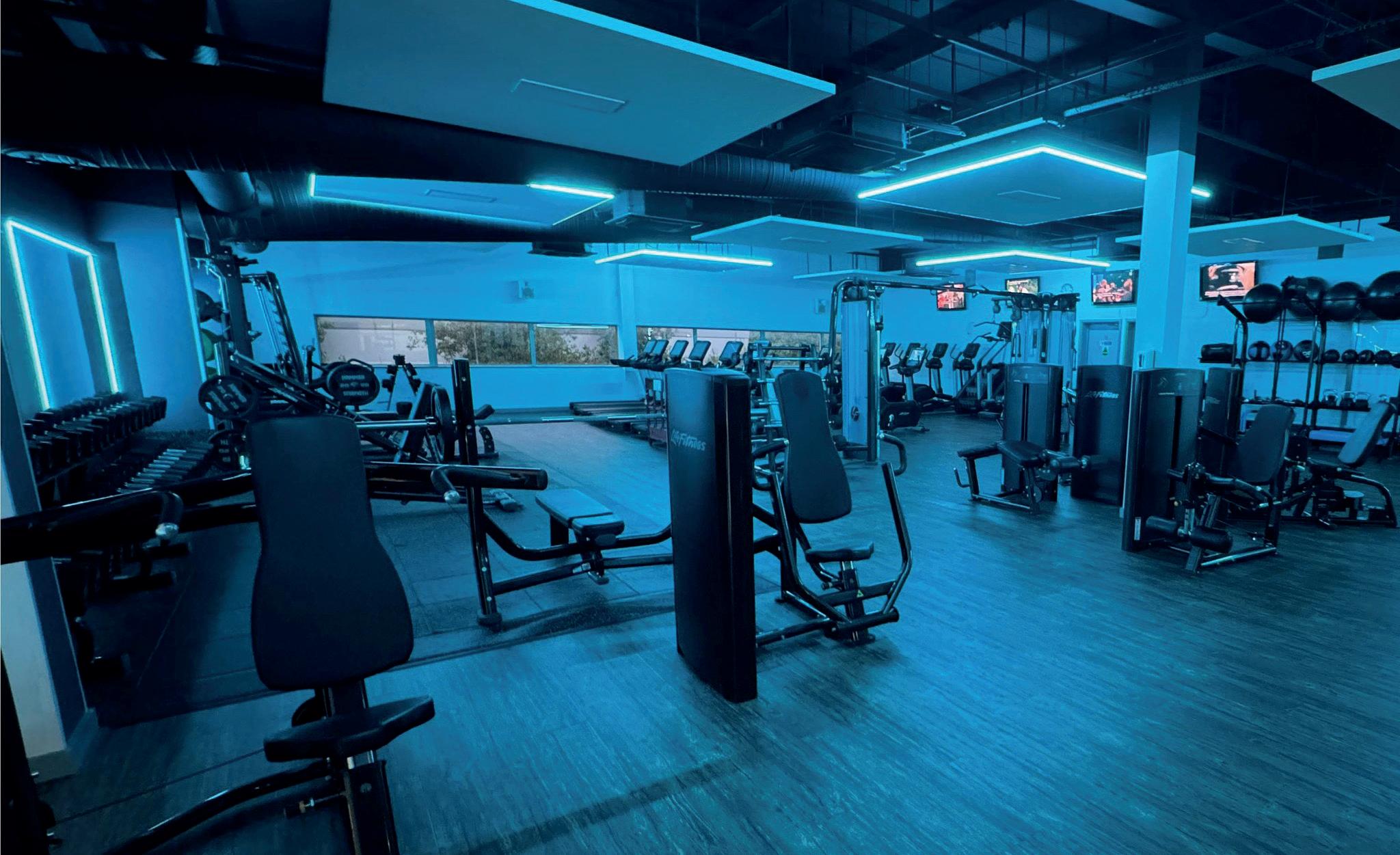
Council said: “This is an exciting time to be able to develop our leisure services offer beyond the walls of the leisure centres and provide activities in community settings, enabling greater accessibility to more residents. There is greater awareness of the health and wellbeing benefits of regular physical
activity that promotes better physical and mental health and wellbeing”.
Duncan Jefford, Regional Director at Everyone Active, added: “This joint partnership represents an excellent opportunity to leverage our extensive experience to deliver exceptional services to these communities.”
A consumer behaviour report has identified what it describes as a “critical blind spot” in lead generation for fitness operators: the significant amount of high-intent gym searches occurring outside traditional operational hours.
Called How Many Gym Leads Are Lost After Hours?, the report – conducted across the UK, USA, Canada, and Australia – reveals that after-hours searches, defined as activity between 8:01 PM and 8:00 AM, account for a considerable share of gym-related inquiries.
The findings suggest a need for gyms to rethink their lead engagement strategies to capture the late-night prospects and stay competitive in an increasingly digital and on-demand world. The report was conducted by Keepme, which specialises in AI-driven solutions for the fitness industry.




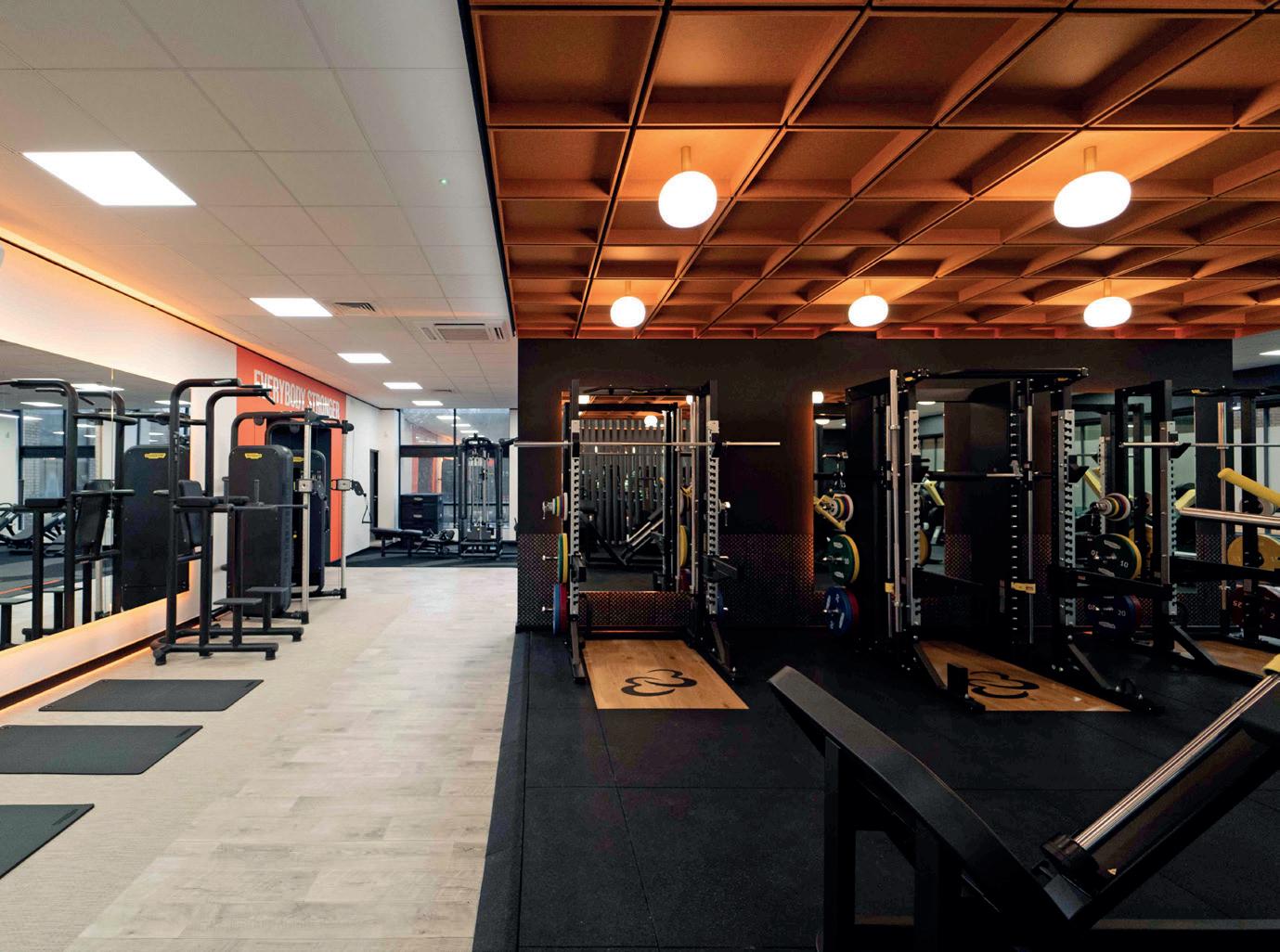
A new, redeveloped gym – which mixes a boutique-style offer with an inclusive approach – has opened at Macclesfield Leisure Centre.
Created in partnership between centre owner, Everybody Health & Leisure and interior design studio, Layrd Design, the 520sq m facility provides a luxury fitness experience while appealing to members across generations.
The gym’s design is based on a “box concept” – a room-within-aroom approach that creates distinct training zones without traditional walls. The zoned layout optimises the space for different activities, with distinct areas for cardio, strength training and functional fitness.
With the aim of maintaining an open, welcoming atmosphere, the approach is focused on creating a space that is not only functional but also visually appealing – while providing privacy and comfort for different workout styles and experience levels.
Among the key design features – which are set to form a blueprint for future projects involving Layrd Design and Everybody Health & Leisure – are the creation of an intuitive navigation approach, based on a creative use of lighting, flooring and ceiling features, eliminating the need for traditional signage.
Gina Clarke, Head of Gym Design at Layrd Design, said: “Macclesfield really elevates the game for leisure centres; offering a boutique-style experience to the masses.
“It asks us to re-evaluate our expectations of the traditional leisure centre, and demonstrates how, with the right investment, they can become stylish wellness centres for the whole community.”
Everybody Health & Leisure currently operates 16 leisure and sports facilities, including nine swimming pools and seven Taste for Life cafés, across the Cheshire East region on behalf of local authorities.
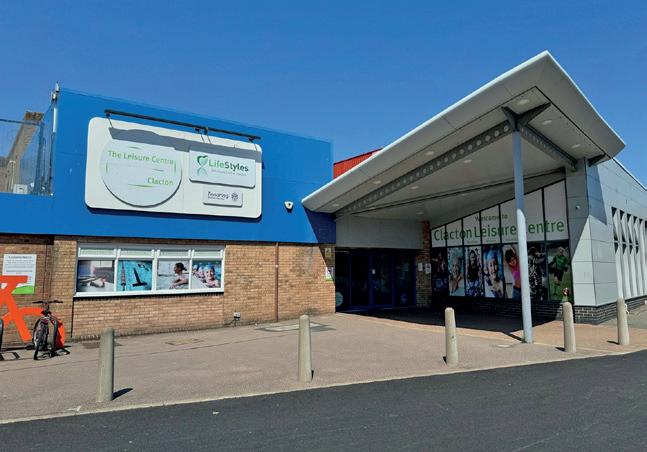
Clacton Leisure Centre is set to be redeveloped and transformed into a new Active Wellbeing Centre.
Tendring District Council (TDC), which owns the centre, has entered into a new Community Regeneration Partnership with the central government after the authority was awarded £19.7million by the Ministry of Housing, Communities and Local Government to help regenerate Clacton and Jaywick Sands.
The council’s Cabinet is now set to approve a list of projects, which include:
• £3million to help redevelop Clacton Leisure Centre into a new Active Wellbeing Centre
• £2million for the NHS to contribute towards building a new urgent treatment centre and primary care facility at Clacton Hospital
• Working with Essex County Council on a £2.5million scheme to expand the Tudor Fields to Jaywick Sands walking and cycling route
• £5million for repurposing a disused town centre building
Ivan Henderson, Deputy Leader of TDC and Cabinet Member for redevelopment, said the projects were part of wider plans to improve Clacton’s future.
“We are excited by this oncein-a-generation opportunity which will create a brighter future for our area.”




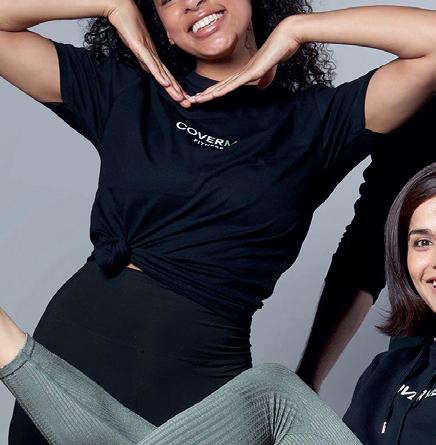
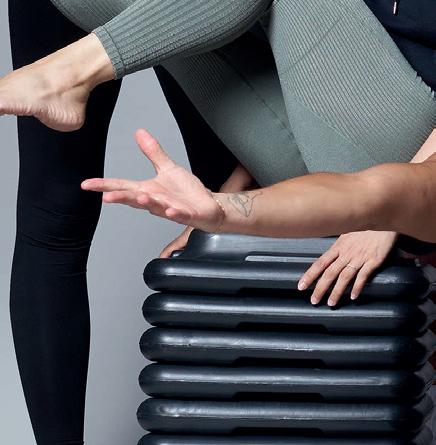


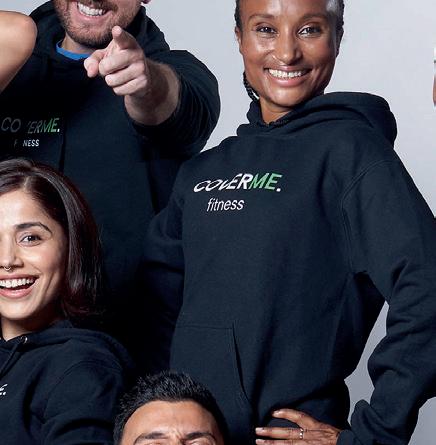
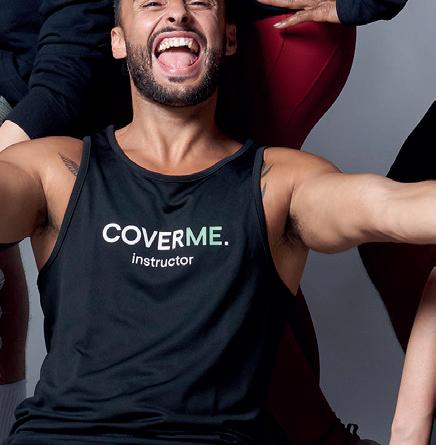

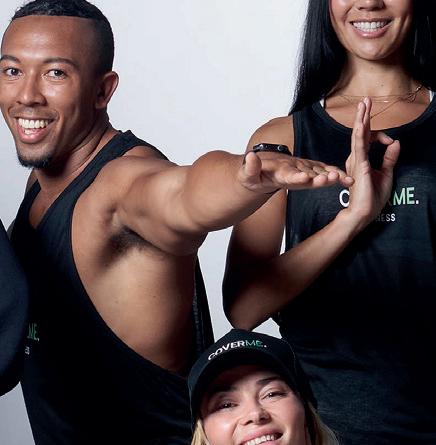























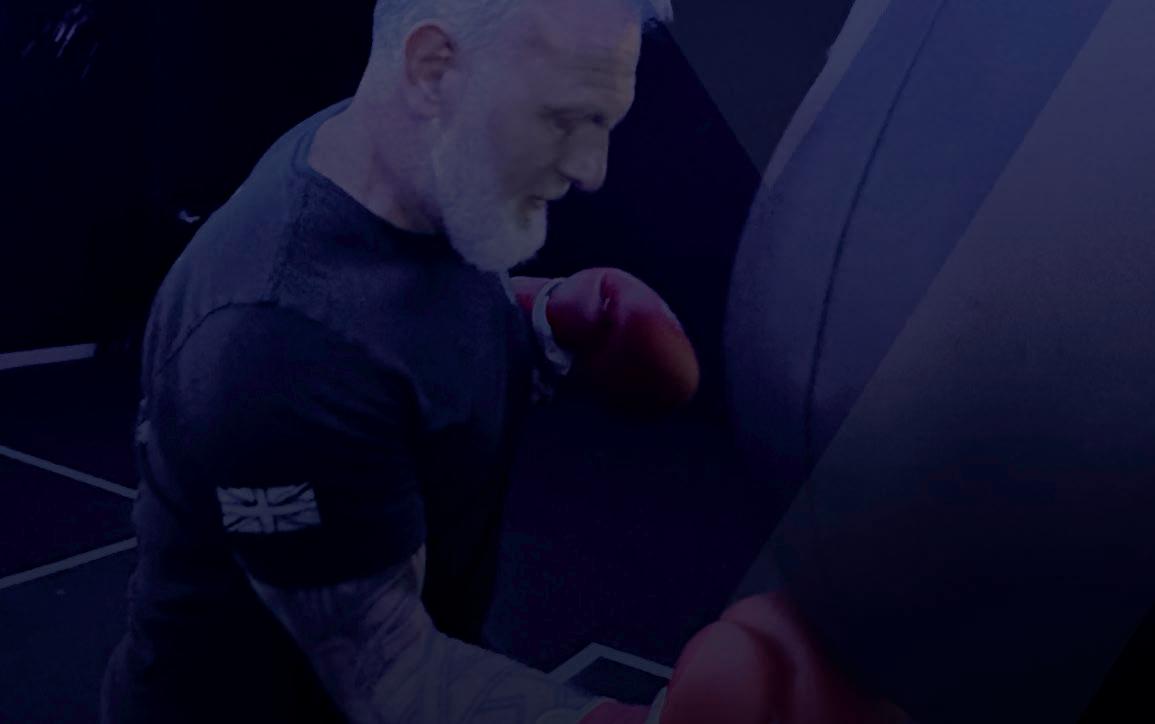








Huw Edwards CEO ukactive
Our government is desperate to kickstart economic growth, but it will fail to achieve this without significant improvements in our national health. In turn, these national health improvements do not happen without sport, physical activity and getting the nation moving.
January has historically been a time when millions of people revisit their health and wellbeing ambitions through joining or rejoining gyms, leisure centres and swimming pools and taking part in more walking, running, and wider recreational and sporting activities. I urge any doubters to look past the New Year clichés and see a solution that really is working. The sport and physical activity sector, from January onwards, brings communities across the whole country together with a shared ambition to improve collective national health, one person at a time.
Every person’s motivation will be unique and personal to them this year, but the outcomes are shared: to live a happy and healthy life among family, friends and colleagues. We know from our research that this has as much to do with supporting mental wellbeing and social connection as it is improving physical health, and we know the nation is prioritising these services as people kickstart their fitness routines this week.
Our latest research shows that over three-quarters (77%) of gym users with a long-term health condition use gyms to support their mental health, with 80% also doing so to maintain their physical strength and fitness. Equally, more and more people are choosing to spend their disposable income on health and fitness – including gym memberships – over other options such as eating out and drinking socially. Every year, more people are recognising the long-term health improvements these facilities provide.
Our evidence shows that people want to take accountability for their health and wellbeing this January. They are seeking support from these trusted services that sit in their local community, to manage their health proactively, knowing the severe pressure the NHS is already under.

The Government cannot afford to make the mistakes of previous governments by falling into ‘policy by photo op’
Solutions for addressing our nation’s poor health and supporting those with health conditions already exist in these community facilities and are just waiting to be scaled. These services are already doing great work, and it is now important that the Government catches up and joins them in this quest – no longer being a spectator but an active partner with the public and our sector to increase our national physical activity levels across all ages and backgrounds.
The Government cannot afford to make the mistakes of previous governments by falling into ‘policy by photo opportunity’ and failing to appreciate this sector as an industry in its own right. Every year that previous governments have failed to unlock the potential of physical activity and the services available in communities, the stakes have grown higher. We cannot wait any longer.
Against the background of the annual discussion on health and wellbeing that will influence the opening weeks of 2025, the Government must provide a narrative on how it plans to leverage the sport and physical activity sector as part of its mission-based work. This must include interventions of substance, addressing historic funding commitments such as MSK (musculoskeletal) Hubs that seem stuck in the Whitehall system. Furthermore, they must set out the detail to match the positive rhetoric on how it plans to ensure opportunities for every child and young person to be physically active, as well as integrating our sector to support the NHS and unlocking the potential of our facilities, workforce and services.















Join ukactive's flagship event to inspire and shape the future of the physical activity sector. The 2025 conference, themed ‘No Growth without Health: Physical Activity’s Role in National Renewal’, will bring together leaders to discuss how the sector drives economic growth and promotes a healthier, happier society.

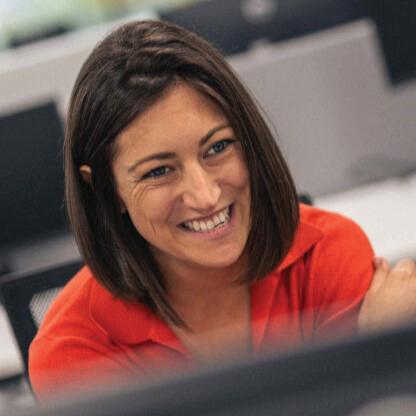



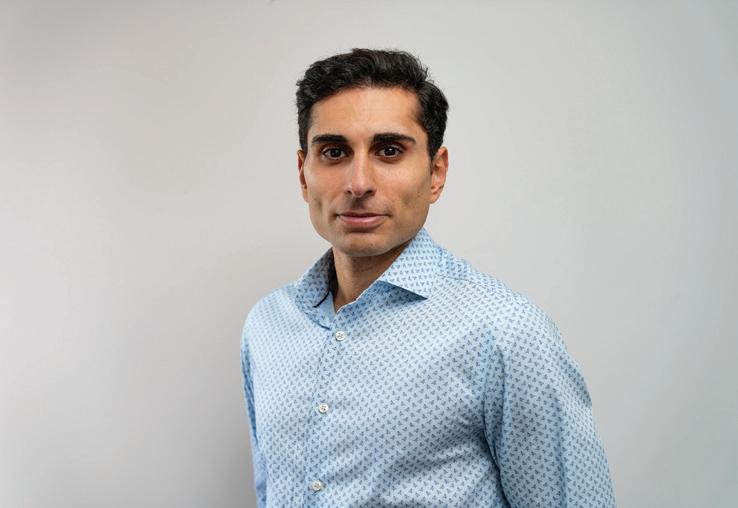


The Office Gym Club in Cornwall is raising the bar for providing accessible and ��exible fitness experiences for exercisers of all abilities and backgrounds
In an era where fitness operators must constantly innovate to stay ahead, The Office Gym Club has carved out a niche as a premium yet accessible facility, seamlessly integrating technology with a high-quality fitness experience. By leveraging BOX12, a digital boxing and functional training solution, the gym has transformed its member offering, boosting engagement, revenue and referrals.
Elevating the fitness experience
Founded in 2017, The Office Gym Club sits in the scenic Seven Bays area of North Cornwall, just a few miles from Padstow. It’s a high-quality, communityfocused gym that also serves an influx of seasonal visitors eager to stay active while on holiday. With a diverse member base—including hospitality workers with unpredictable schedules and casual gym-goers to elite athletes—the gym needed a solution that delivered flexibility, convenience and exceptional value.
Owner Robert Day recognised a growing demand for premium, structured workouts that didn’t rely on costly personal training services. In a competitive market, where increasing membership fees must be justified by added value, he turned to BOX12 as a solution that could elevate the gym’s offering while keeping operational costs under control.
A premium offering without the overheads
The BOX12 POD, with its digital coaching and structured programming, became a game-changer for The Office Gym Club. By offering an ondemand, PT-quality experience without the need for additional staffing, the gym provided members with world-class workouts at any time of day. This was especially beneficial for hospitality workers, who
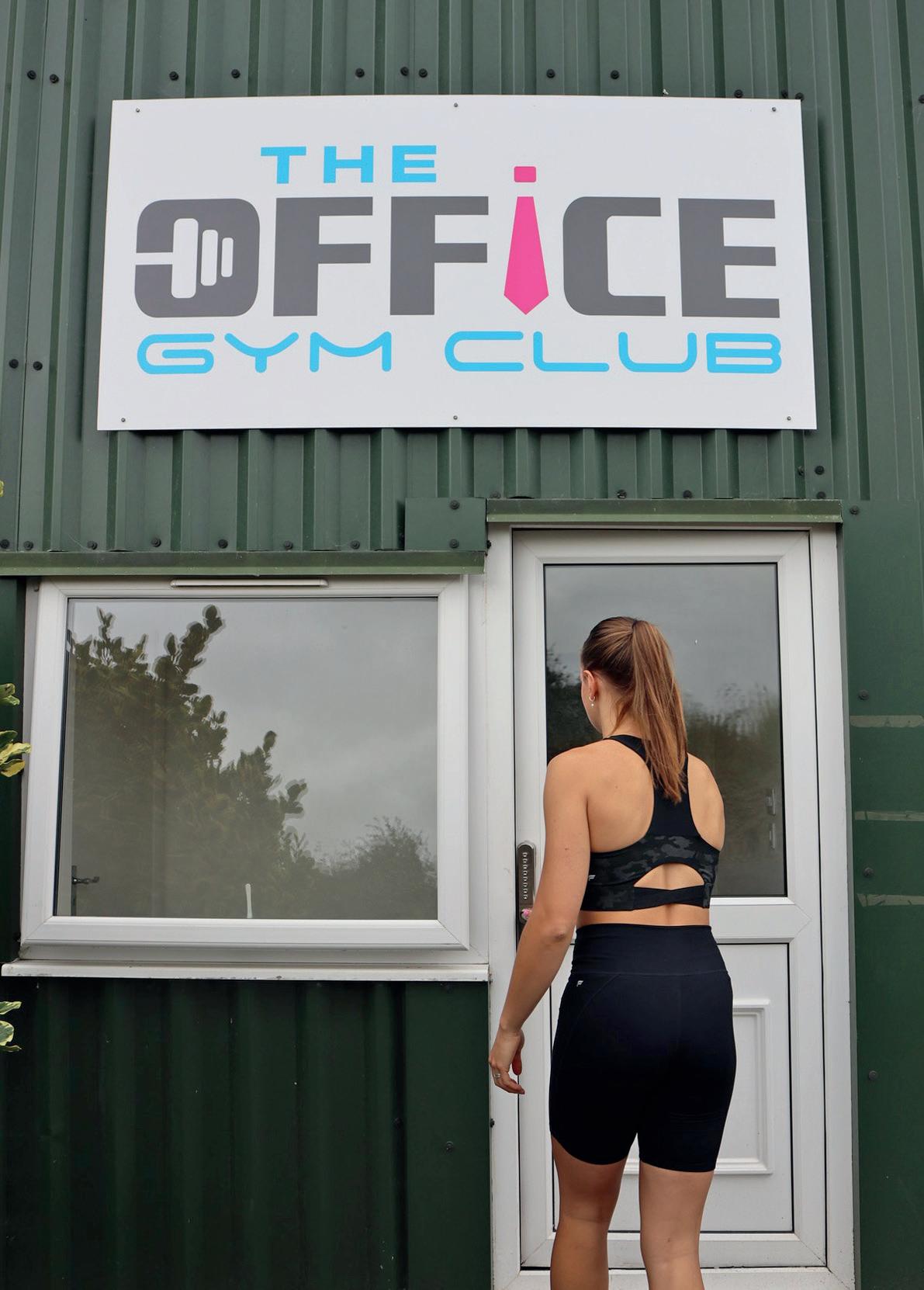
often struggle to fit exercise into irregular schedules.
“Our hospitality workers, who often have unpredictable hours, have really benefited from the POD’s flexibility,” Robert explains. “They can finish a late shift and still fit in a top-tier workout, no matter what time it is. This kind of accessibility is crucial for keeping our members engaged and active.”
Beyond convenience, BOX12’s structured programming ensured that every member— whether a beginner or an experienced athlete—
Our members feel like they’re getting something unique, and that’s a powerful driver for growth
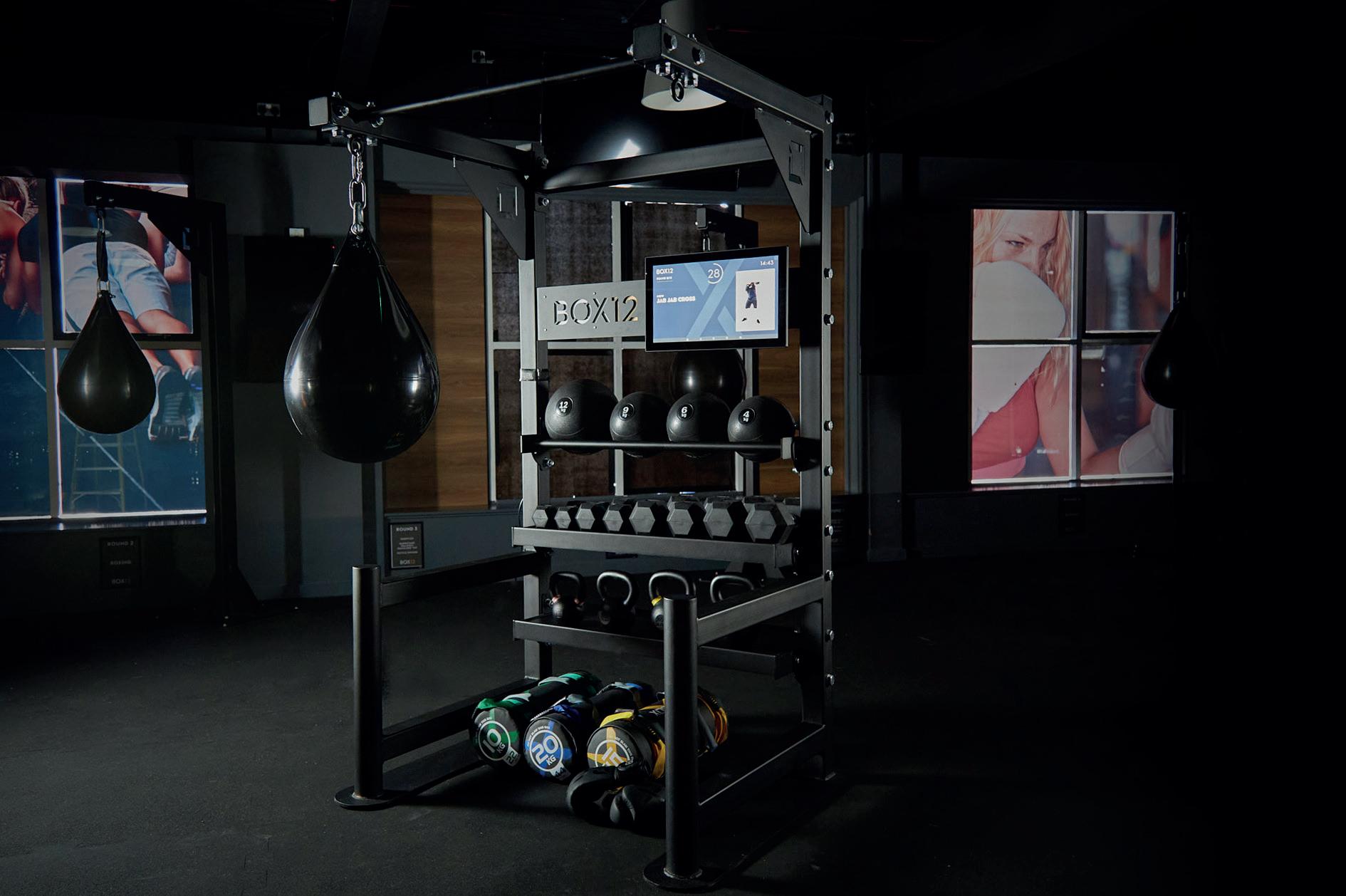
could enjoy a guided, progressive workout tailored to their ability. This eliminated the intimidation factor for new gym-goers while still delivering a challenge for seasoned fitness enthusiasts.
The impact of BOX12 was immediate. With a unique, high-value experience to offer, The Office Gym Club was able to confidently increase membership prices, boosting revenue while maintaining strong retention. Members saw the value, and the gym’s reputation for innovation and quality only strengthened.
“The programming is truly world-class,” says Robert Day, The Office Gym Club. From the warm-up – especially on the boxing side – to how the movements seamlessly build and flow into the cool down, it’s flawless. You’d be hardpressed to find anyone who could consistently deliver this level of quality in person.”
Perhaps even more impressive was the spike in member referrals. The gym’s investment in a fresh, tech-driven solution created a buzz, with existing members actively recommending the facility to friends, family, and colleagues. The result? A steady increase in new sign-ups, many of whom were drawn in by the prospect of a personal traininglevel experience without the hefty price tag.
“The POD has really become a standout feature for us,” Robert adds. “It’s not just the workouts—it’s the entire experience. Our members feel like they’re getting something unique, and that’s a powerful driver for growth.”
The future of accessible, premium fitness
The Office Gym Club’s success story is a testament to the power of innovation in the fitness industry. By embracing digital coaching and structured programming, the gym has struck the perfect balance between accessibility and premium fitness. It’s a model that proves technology can not only enhance the gym experience but also drive long-term business growth.
“BOX12 has elevated what we offer our members,” Robert concludes. “It’s not just about the workouts—it’s about creating an experience that keeps people coming back and encourages them to share it with others.”
With increased member engagement, stronger revenue, and a reputation for delivering premium fitness without the barriers, The Office Gym Club has set a new standard. For operators looking to future-proof their facilities while keeping members engaged and excited, it’s clear that smart, techdriven solutions like BOX12 are the way forward. Discover BOX12 here: www.box12fitness.com
Andy Salmon took up the role of Swim England CEO in February 2024. He talks to Tom Walker about the ��rst 12 months in the post, which included the launch of the NGB’s new strategy for swimming
When Andy Salmon became Swim England CEO, he succeeded Jane Nickerson, who had spent more than 25 years with the national governing body of swimming. While Nickerson had spent her entire career within swimming, Salmon came to the role with a more diverse sporting background. He started his career in golf, working for the Professional Golfers’ Association (PGA), before moving to commercial sport with stints as director of golf for hotel giant, Marriott, and as Group Golf & Leisure Manager for the De Vere Group. Salmon was also Director of the World Masters Golf Championship and spent nearly a decade as
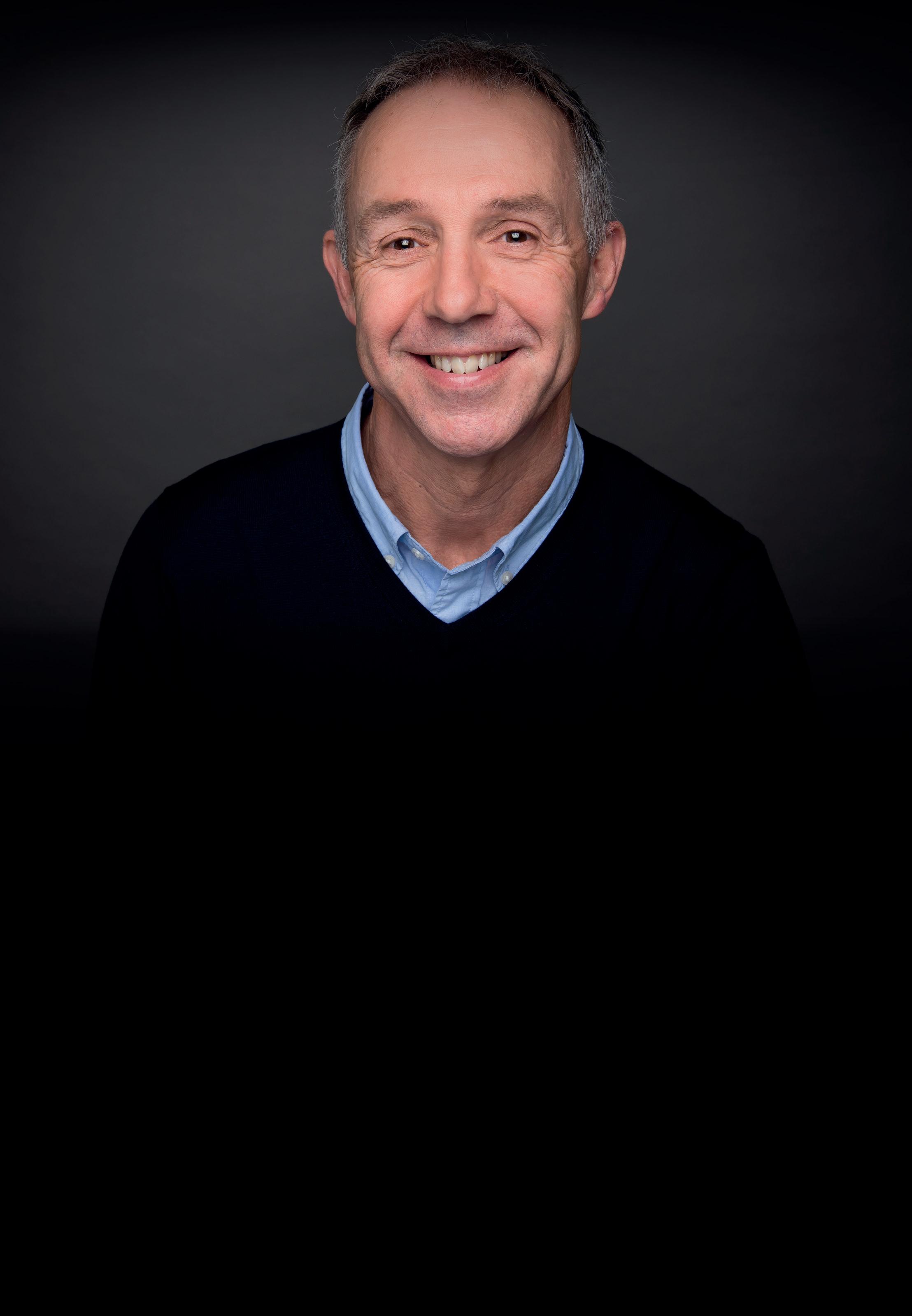
development director and deputy CEO at Scottish Golf. After a long career in golf, Salmon was appointed British Triathlon CEO, a role he held for nearly seven years before joining Swim England.
“I’ve been fortunate to have gained some incredible experiences and learned from inspirational leaders during my career – and also some not so inspirational ones,” Salmon says. “Some of my career highlights include refereeing at the Ryder Cup in 1997 and having a rules ‘debate’ with Seve Ballesteros in front of tens of millions of TV viewers. My stints in the hotel industry taught me a lot about customer service and leadership and I loved my time as CEO at Triathlon – a wonderful sport that has so many positive attributes due to its relatively modern origins.”
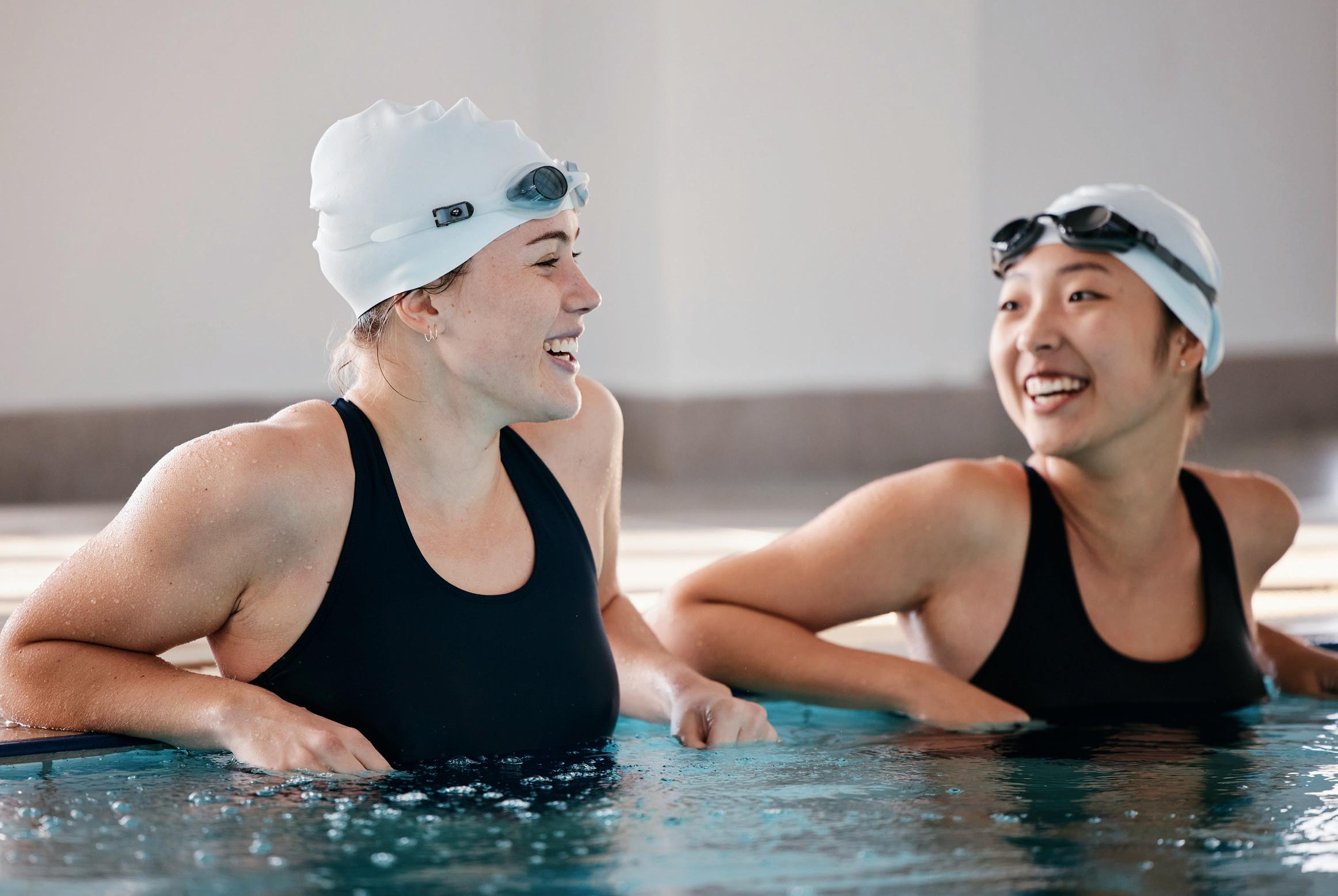
You’ve worked in sport for more than 30 years. How has the sector changed in those years?
From an NGB perspective, the remit has grown beyond all recognition. Quite rightly, in most instances, society demands more from those in positions of leadership – but this can be incredibly challenging when you are expected to hold a credible view on all things ranging from technical sporting matters to geo-politics and some very complex social issues. This is why, in my view, adopting a values-based approach to leadership is the only way to navigate such a wide scope of activity and responsibility.
I feel strongly that the sector needs to get better at collaboration so that together, we can achieve more with less. Sport and physical activity have such a crucial role to play in society, now more than ever before, and so it is vital that we make this case to government and the private sector. Greater collaboration can also ensure everyone is safe to experience the joys of sport and physical activity.
What attracted you to the role of Swim England CEO?
I think it was a combination of a number of factors. In all my time in sport I have seen first-hand the huge benefits sport and physical activity can have
on peoples’ lives. With an ageing population – and more people living with health conditions – the positive impact of exercise is only going to become more and more important for our society.
I would argue that swimming is almost uniquely placed to be at the very heart of efforts to support the health and wellbeing of the country. The properties of water mean it can be an ideal location for people who may struggle to be active on land to exercise and swimming (in its broadest sense) is also an activity that is enjoyed by people from birth right up to people in their 90s still enjoying a regular dip and all the benefits that come with it. This is borne out by the figures that show that over 450,000 over 75s swim each year in England. So, the ability to be in a role with the potential to positively impact society was a hugely motivating factor for me.
A second motivating factor was that, through my time at British Triathlon, I obviously had some links to the world of aquatics and had seen how many amazing people were involved in the sports and what an incredible community the aquatics community is, so that was another appealing factor.
Finally, on a personal level, I am quite a ‘change’ oriented person. I get that change can be a little scary, but I find it energising and, for all the good things that
Swim England was doing before I came in, it was also clear that there were areas where change was sorely needed and that the organisation needed to change and improve. So that change project, particularly when coupled with the potential in my earlier points, was another reason why I was attracted to the role.
You’ve now been in the role for nearly a year. How would you describe the first 12 months? Busy, intense, exciting, challenging but rewarding. Swim England is a large NGB, covering a number of disciplines, all unique and incredible in their own ways and then we cover a lot of incredibly important ground outside of the “traditional” NGB space through our Health and Wellbeing work. It’s a cliché, but true, to say that no two days are the same. I feel more excited than ever about the potential of swimming and the opportunities ahead.
What would you describe as your main achievement in the first 12 months?
We’ve done a lot in the past twelve months, and lots of things we can be proud of, but if I had to pick out one thing then I would say the publication of our new strategy – One Swim England –stands out for me as an important milestone. In a large part because of the process we went through to get to the point of publication.
It’s so important that we as Swim England are a listening organisation and do things “with” rather than “to” the aquatics community. To that end we undertook a huge listening exercise, running 26 ‘Vision and Values’ sessions around the country for any member of the aquatics community to come and tell us their views on the future of aquatics and what they wanted to see from Swim England and crucially the values that were important to them.
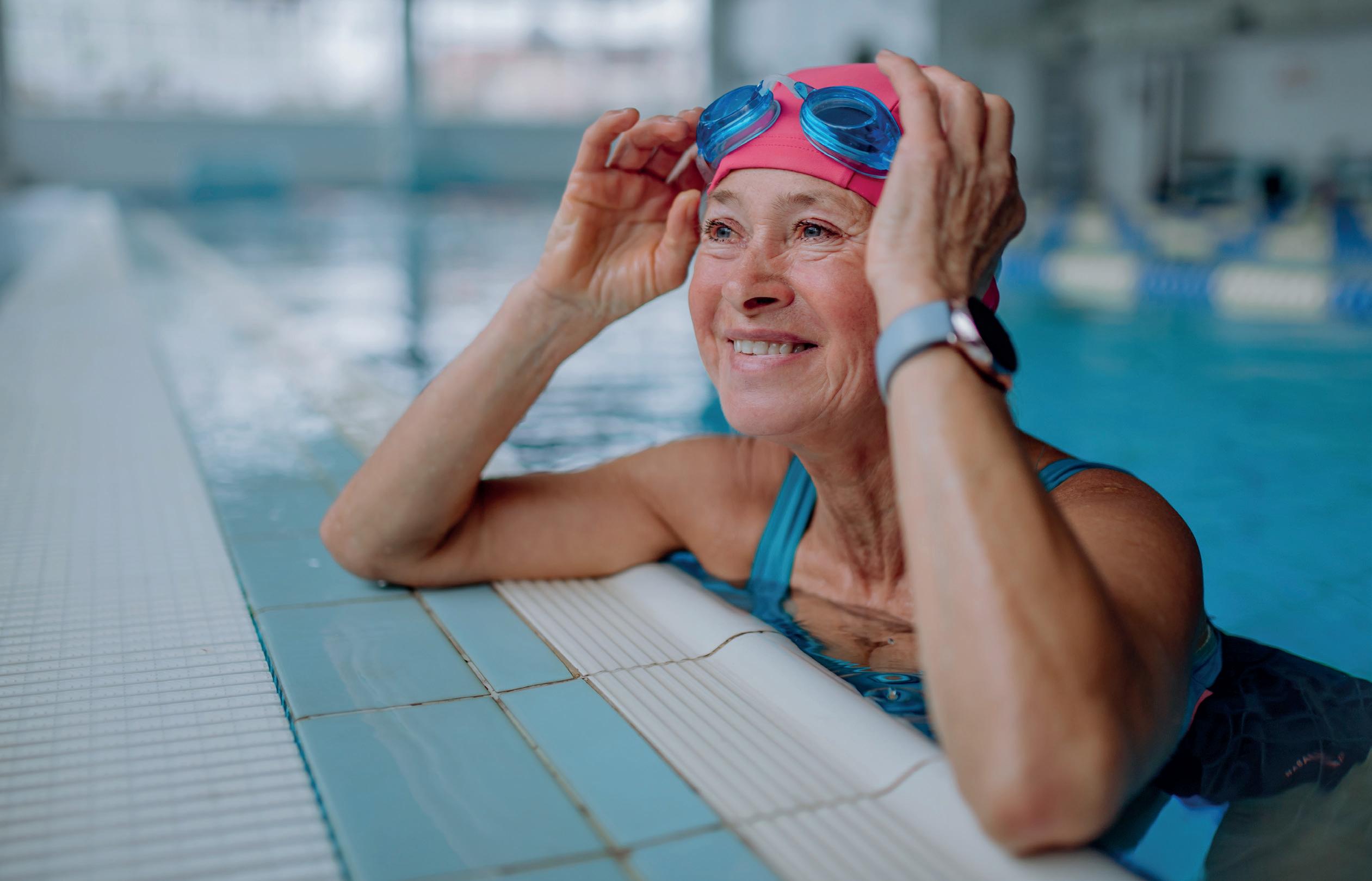

Salmon says the publication of the One Swim England strategy has been an important milestone


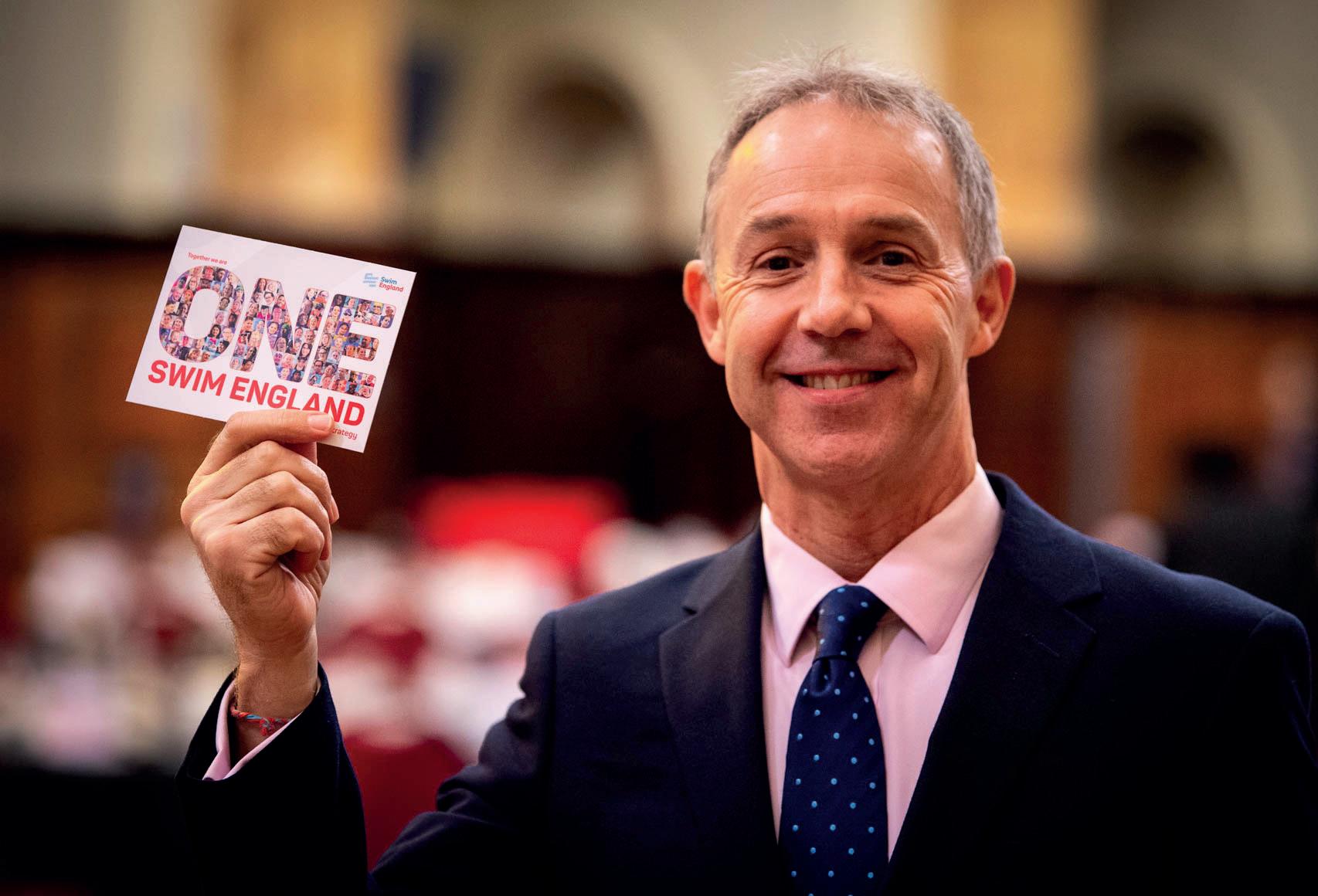
Hundreds of people took part in those sessions, helping to shape the strategy that has emerged as an output and strengthening it in the process through their involvement.
I’m particularly excited about the mandate this has given us to lead the sports combined with our commitment to serving a growing aquatics community.
What are One Swim England strategy’s main priorities, aims and targets?
We have given the new strategy this name as we wanted to articulate our ambition to improve collaboration, both internally and externally. To plagiarize President Truman, I believe that if we all worry less about who takes the credit, it will be amazing what can be accomplished. Our Vision is ‘Great Experiences in water. For all. For Life.’ Simply put, if we succeed in ensuring everyone in the community, no matter their ability or stage in life, has a great experience then we’ll be in pretty good shape. Through ‘One Swim England’ our mission is simple – ‘To lead and serve an aquatics community to enable safe, enjoyable and successful experiences.’ This strategy places a strong focus on values – the behaviours that will guide everything we do and what
we expect of each other – and are a direct result of what the community told us really mattered as we gathered our insights. It also signals our intent to enable great experiences in water for everyone, no matter their ability, age or background.
At the heart of our mission is a safe, inclusive and welcoming environment where all feel valued, supported, and motivated to excel – whether they are a participant (novice to elite), parent, coach, club volunteer, swimming teacher or operator. We are dedicated to making their experience as seamless and enjoyable as possible, providing the resources, support and guidance they need to succeed and thrive in their role – so they can focus on what they do best. This strategy is our new roadmap for the future.
Behind the strategy sit a number of very tangible KPIs that we, and the wider swimming community, will hold ourselves accountable to for the duration of the strategy.
Swim England also published a 10-year “Access Aquatics” strategy as recently as May 2023. How does that fit One Swim England?
One Swim England is the organisational strategy for Swim England moving forward and replaces Access Aquatics. There was much to be commended in Access Aquatics and a number of the issues
The sector’s biggest strength is its people – volunteers, teachers, and operators driving change r ecognise the importance of swimming and support the sector
prioritised within it can very much be found in One Swim England, but for me it was inconceivable in the light of the listening report to have a strategy that didn’t put the culture and values of our organisation, and our sports, at its very heart. So that is very much what we have sought to do with One Swim England, in consultation with the aquatics community itself through the Values and Vision sessions across the country.
will the priorities for Swim England be for 2025?
While the One Swim England strategy has 18 goals in total, eight priorities have been identified for 2025. This is because it simply wouldn’t be possible, or appropriate, to focus on all 18 goals in the next 12 months. We have prioritised the areas that we believe will lay the foundations for long term, sustainable success, right across the strategy.
The priority areas for 2025 are a mixture of four foundational goals, which are to shift the culture, trusted welfare and safeguarding, stronger clubs and effective Learn to Swim. Then there are four enabling goals: build trust, connected digital ecosystem, outstanding people and grow revenues.

What about the aims beyond 2025, over the mid-term (the next 3-5 years)?
We can’t ignore the huge challenges facing pools, leisure centres and lidos. We’ve seen almost 500 publicly available swimming pools lost in England since 2010 and many more under threat as a result of ageing facilities, financial pressures on local authorities and increased operating costs (particularly energy and staffing). Therefore, ensuring access to water in the future will be a critically important challenge to address for everyone who relies on the water.
We also know that there remains much work to do to tackle the existing inequalities we see in both participation and swimming attainment levels so we have to retain a focus on making sure swimming is an activity that truly is for everyone.
How would you describe the current state of the aquatics industry?
It’s fair to say that it’s a mixed picture depending on what part of the ‘industry’ we’re talking about but I think if I were to try and sum it up as a whole then I would say the industry is in a fragile place.
It has been buffeted by a series of external shocks in recent times. First with the pandemic,
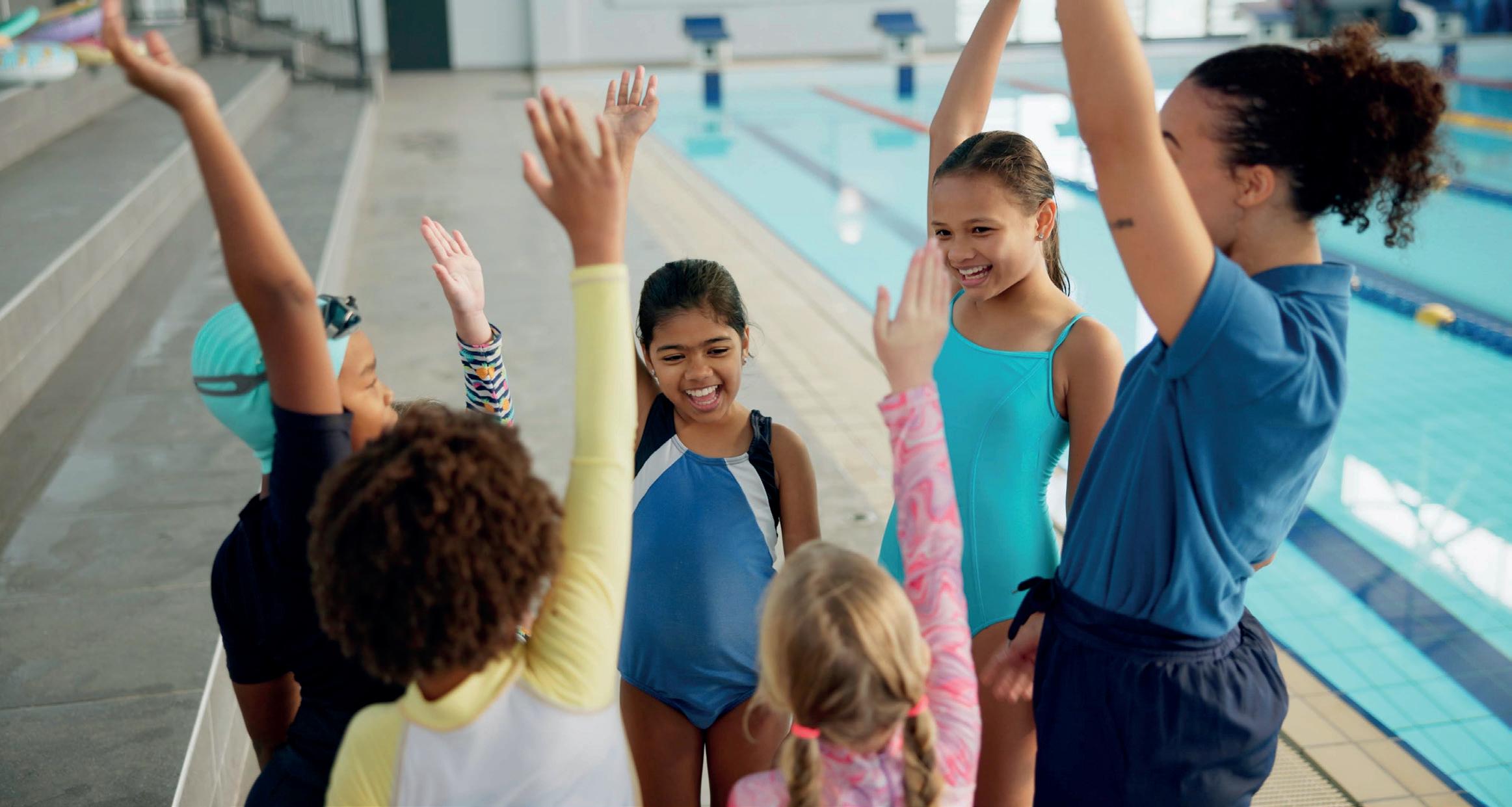
The One Swim England strategy identifies 18 goals in total, from which eight priorities have been identified for 2025. Andy Salmon explains each in detail.
Shift the culture
In response to the Listening Report, we will continue to rebuild Swim England’s culture and restore trust through a values-led approach that has been co-created with the aquatic community. We aim to create a culture where everyone feels safe to experience the joys of aquatics. Individuals are encouraged to participate, learn and grow, while also feeling supported to achieve their personal goals.
Trusted welfare and safeguarding
We have already made significant progress in creating a safe, inclusive, and welcoming environment where everyone feels valued and empowered to enjoy aquatic activities. We will continue to focus on a person-
centred approach, ensuring that everyone understands acceptable behaviour and can report concerns confidently and without fear.
Aquatic clubs are at the heart of our sports, striving to create exceptional experiences for their members, officials, volunteers, coaches and parents. We are committed to supporting our clubs by helping them deliver their core purpose and providing the tailored assistance they need to achieve their full potential.
We want people of all ages – from toddlers to adults – to learn to swim and enjoy the benefits. To make this happen, we will continue to lead the way with education, support, and advocacy, helping more people become confident swimmers.
Our members and customers will remain at the heart of everything we do, and we will ensure they consistently receive exceptional service at every interaction with us.
We will also continue to leverage our brand and voice to positively support the entire aquatics industry.
We will create a joined-up and seamless digital journey, making the online experience more user-friendly for members and stakeholders, enhancing administrative efficiency for clubs and easing the administrative burden on volunteers.
Aquatic activities rely on the tireless efforts of thousands of dedicated teachers, coaches, officials, tutors, volunteers and colleagues who make it all happen. Recruiting, retaining, supporting, nurturing and developing an exceptional team of paid and volunteer workers is essential to the success of our sports.
We are committed to growing our revenue to secure a strong, successful future for aquatics. By prioritising self-sufficiency, we can invest more in both community and elite levels of our sport.

then energy price surges and rising staffing costs all whilst local authorities deal with increased demand for statutory services.
With the right support, I believe the sector is ready to fly and help tackle so many of the issues facing us as a nation. But that support is key. We need policymakers to recognise the importance of swimming and to support the sector to deliver what we know it can.
What are the sector’s biggest strengths?
Without a doubt it is the people. We’re fortunate to have amazing people doing incredible things, whether that’s volunteers giving up their time so athletes have the chance to train and compete in the sports they love, swimming teachers imparting a lifetime of love for the water in children, coaches developing athletes right across the country, pool operators innovating to keep pools open and running, organisations like Swim Dem Crew, Unity Swimming and the Black Swimming Association working to tackle the inequalities we sadly see in aquatics.
Another strength for the sector is the government’s rhetoric around shifting the NHS from treating people in hospitals to preventing people getting ill in the community. It’s clear as day to me that swimming is almost unique among sports in its ability to support the health and wellbeing agenda. I think this is a real strength of the sector – that ability to positively impact the health of the nation is a huge strength and a really powerful argument when trying to make the case for investment into pools.
And what about its weaknesses?
Ultimately, everything within the sector relies on access to water (even most outdoor swimmers will
learn in a pool). That access is under very real threat. We’ve lost almost 500 pools since 2010, and more than 50% of the publicly available space lost in that time has been lost since 2020, indicating the pace of closures is increasing, which is definitely reflected in our mailbag at Swim England. The increased costs of running pools, especially in light of the recent changes to Employers National Insurance contributions which operators have told us will cost them close to £100 million, coupled with the perilous state of many local authority budgets, is a huge concern.
That’s why it’s so important that we do all we can to ensure the country continues to have a network of sustainable pools to support all the amazing activities that take place in them and are so loved by local communities who recognise their importance.
If you could introduce one piece of legislation to help aquatics, what would that be?
Can I be greedy and have a few? If so, one would be to get serious about school swimming and water safety, so that every child is set up to be safe in and around the water.
Another would be for the government to commit the funding necessary to deliver a network of sustainable pools fit for the future. Thirdly, I’d clean up and increase access to our outdoor blue spaces to support the continued growth in outdoor swimming.
Without our partners, much of what we do on behalf of the UK’s fitness and leisure sector would not be possible – the time and resources we dedicate, away from any commercial agenda, to share data and knowledge to inspire industry growth.
In return for their valued support, we place our partners centre stage.
■ At our events – via speaker slots, marketing and hosted roundtables
■ In our communications – from newsletters and website to our flagship reports
■ In our data analysis – with sponsored audit questions and bespoke reports
■ In our relationship-building – brokering new connections and opening new doors
■ In our mission – as we bring partners together to shape the sector’s future
Find out more about our Partnership Programme. Contact dan@leisuredb.com
PureGym’s latest UK Fitness Report shows that people’s raised awareness of the importance of health is resulting in more people hitting the gym ��oor
Low-cost gym operator, PureGym, has published its latest UK Fitness Report, which provides a snapshot of the UK’s fitness sector within the UK. The report is based on PureGym’s own internal customer data, as well as data from YouGov, Google and a nationally representative survey.
The 2025 edition, the third that PureGym has produced since 2022, shows that being fit and healthy is a major aspiration for Brits, with the vast majority of people (76%) giving improving physical health as a priority. It seems, however, that there’s still a large disparity between people’s aspirations and how they actually feel, with 65% of people saying they don’t look after their health as much as they should.
What’s more, one in five people (22%) don’t consider themselves to be healthy, from either a physical, mental, emotional or social point-of-view.
Women still don’t consider themselves to be as healthy as men do, with one in four women
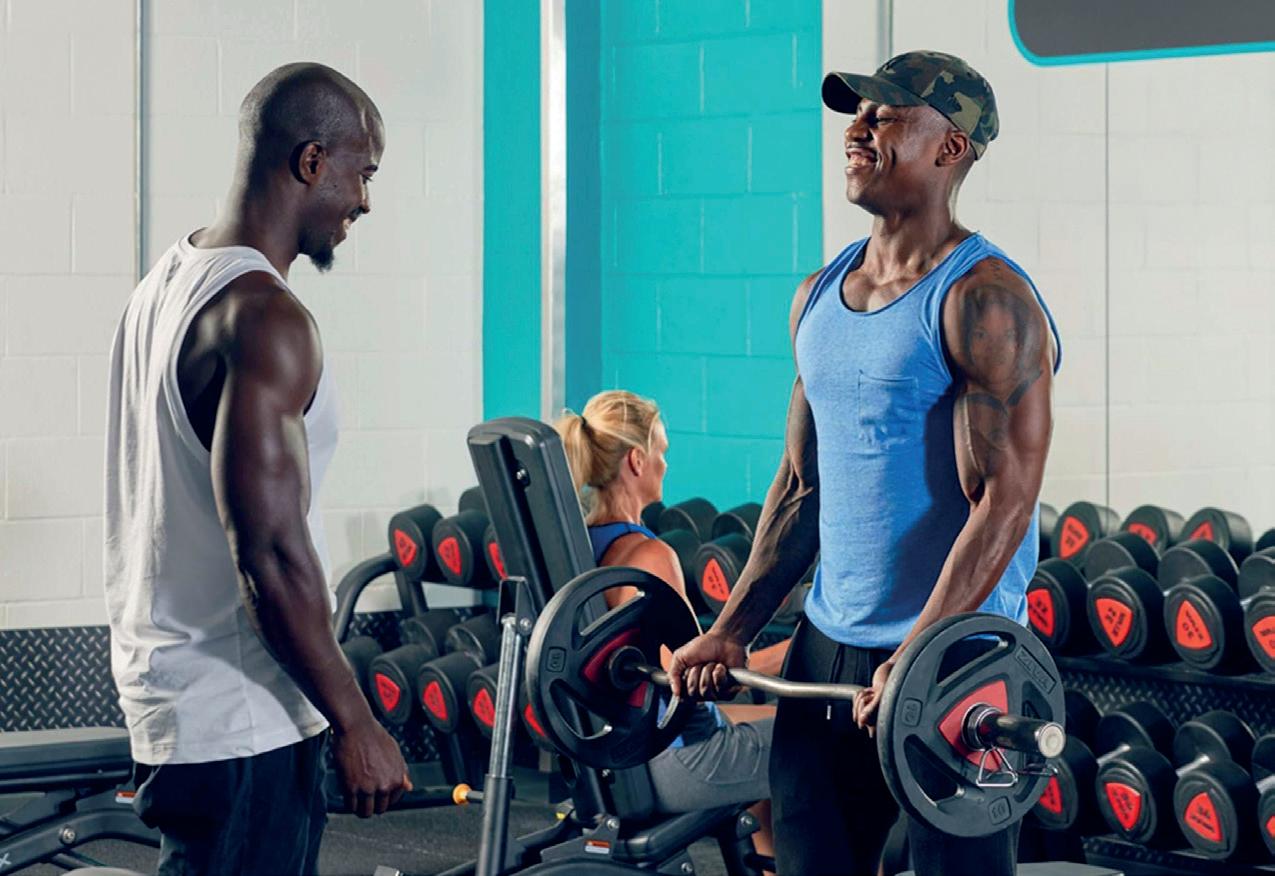
HOW OFTEN ARE PEOPLE EXERCISING?
89% of people who exercise, do so at least once per week, up 2% from last year (87%)
39% exercise two to three times per week (up 5% YoY)
People take 2.5 rest days on average each week
(24%) not feeling healthy from any point of view, versus one in five men (20%). When compared to the 2024 report, however, the numbers have improved slightly for both genders – the 2024 report showed that 26% of women and 21% of men felt unhealthy. While this might reflect actual health, it may also be that women are more likely to view their health negatively than men.
When it comes to differences between age groups, the percentage of people who consider themselves unhealthy is highest in the 45-to54-year-olds group (27%), followed by those aged between 35 and 44 years old (25%).
For the report, PureGym asked people to pick out all the key areas where they feel their health could improve the most. This identified a clear “top five” of priorities: mental health (34% of respondents saw it as one of the priorities), cardiovascular fitness/endurance (34%), strength (33%), flexibility/range of movement (32%) and mobility/ability to move freely (30%). When it comes to strength, women in particular (36% versus 30% of men) feel that they could get stronger.
The report shows that 48% of people are currently exercising. While the figure is, disappointingly, less than half of the population,


it is 3% more than the previous PureGym report (2024). While this may sound small, it equates to approximately two million more people taking part in exercise in the space of just one year.
According to the report, the increases in the number of active people is being led by millennials, with 65% of 25-to-34-year-olds exercising, followed closely behind by 61% of 18-to-24-year-olds.
The report states: “The fact that the majority of people aged between 18 and 34 are incorporating exercise into their daily lives goes to show how much of a priority fitness is starting to become in the UK, especially for young people.”
The report also sheds light on the reasons for people to exercise. The most common exercise goal – mentioned by nearly half (49%) of those surveyed – was ‘improving overall health’, followed by improving mental health. Interestingly, there was a big drop in the number of people who exercise as a way of improving their appearance – from 35% of people in the 2024 report to 27% in 2025.
Losing weight is more of a priority for women (39% of women list this as a priority versus 27% of men) in addition to working towards feeling more confident. 29% of women are prioritising confidence as a 2025 exercise goal, while 18% of men are.
2024-25 GYM USAGE
17% of people in the UK are currently a member of a gym, up 1% year-on-year
Men are more likely than women to be gym members (18% versus 15%)
The average gym visit lasts 1 hour and 9 minutes
25-to-34-yearolds are the age group most likely to be gym members (29%)
17% of people plan to join a gym in the next calendar year
Almost a third (30%) of people cancel their gym memberships due to cost
Meanwhile, 13% of people have become physically active due to a health professional’s recommendation to do so, while 12% of people have been inspired to exercise following a health scare in the family or with a friend.
To access the full report, visit: www.puregym.com/blog/uk-fitness-report-gym-statistics/
WellNation reports the highlights from two recent physical activity industry events, Sports Course and ConnectCX
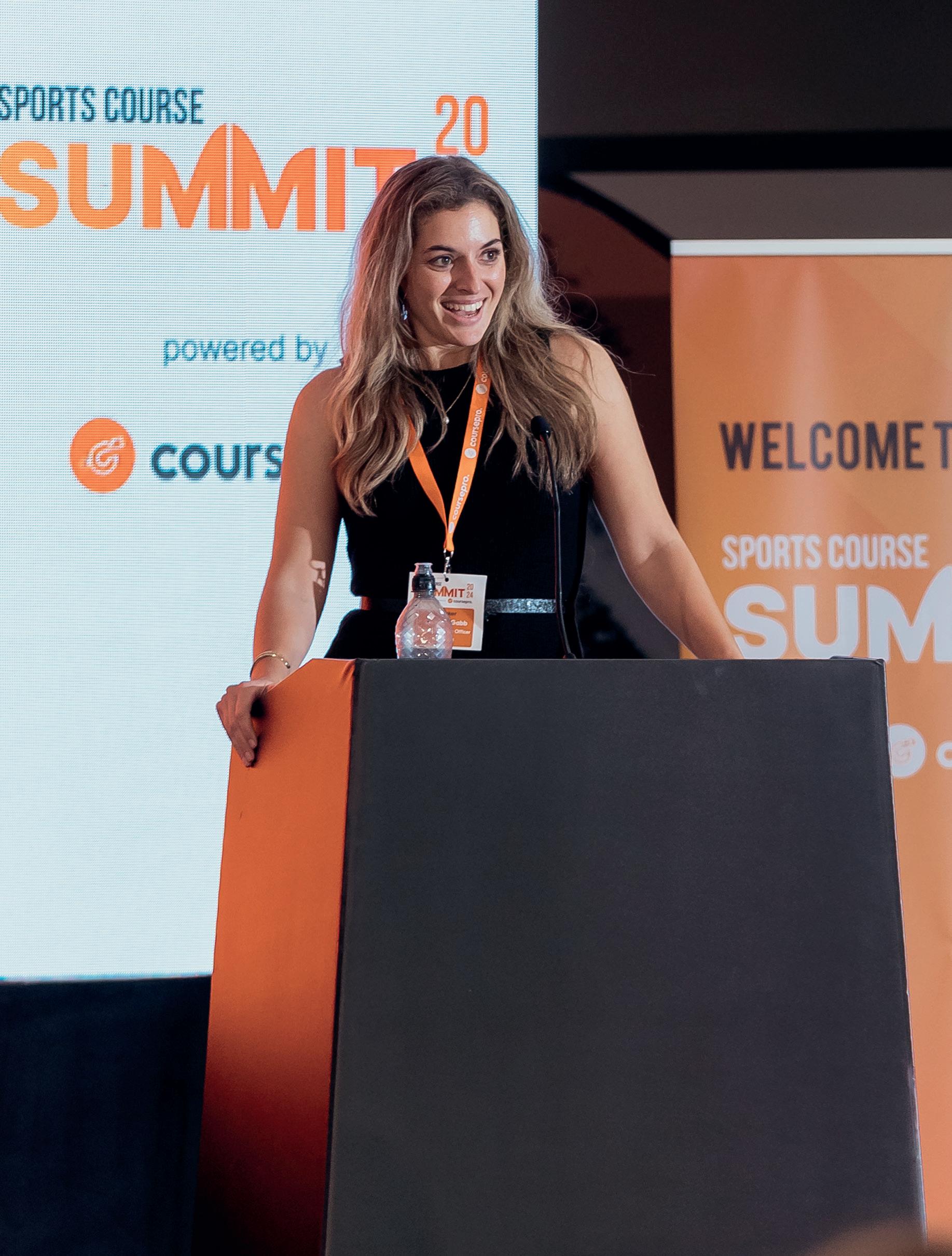
Two industry events, aimed at physical activity sector leaders, took place in Solihull recently. WellNation was on hand to see how the events provided a transformative platform for professionals, offering actionable insights and innovative strategies.
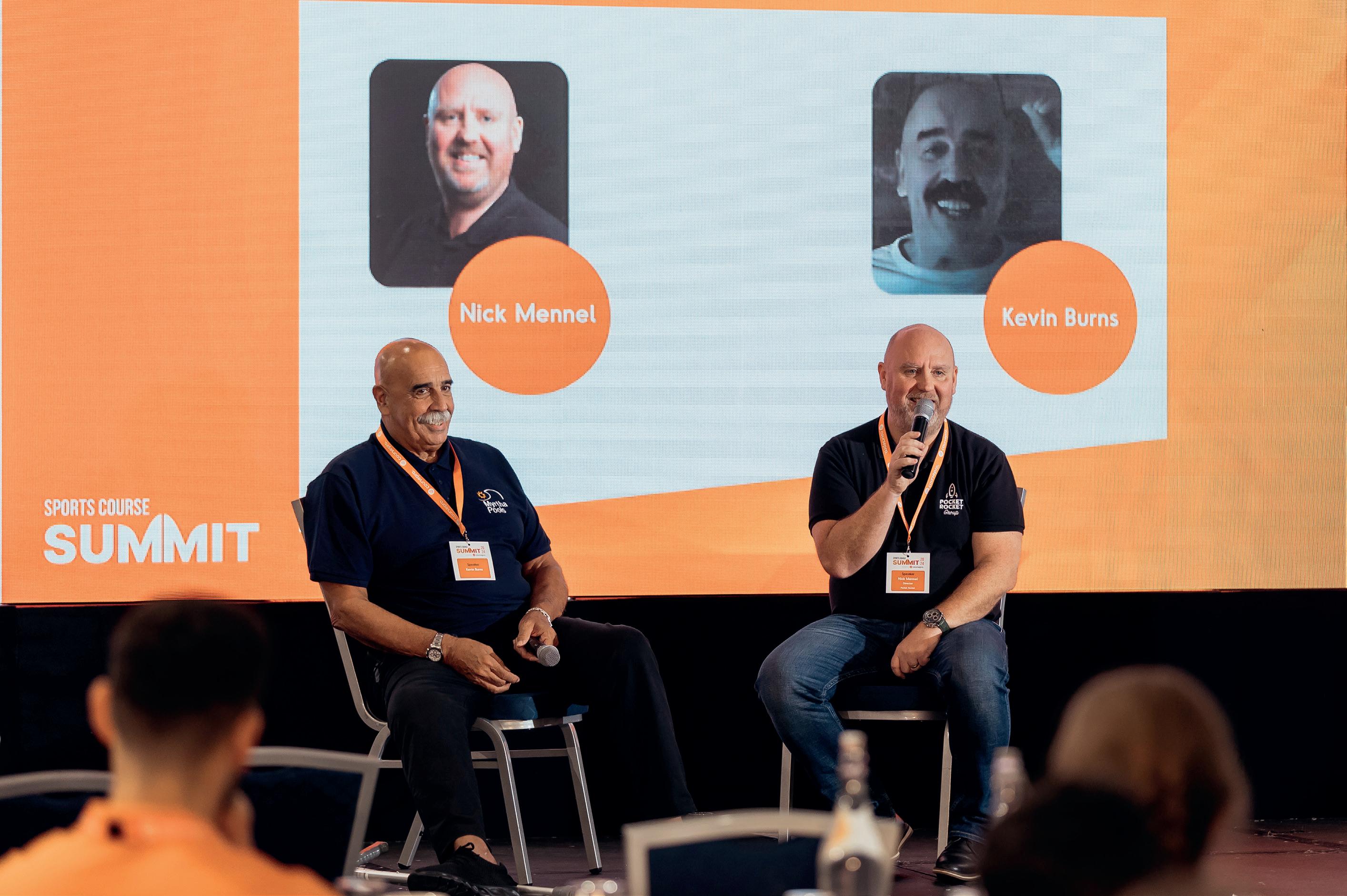

Welcoming a variety of sports clubs, and operators, the summit – powered by CoursePro – kicked off with an inspiring keynote featuring former British Olympic swimmer, Kevin Burns, who is now consultant at Myrtha Pools. Burns shared his journey as the first black swimmer to represent Great Britain at the 1976 Olympic Games, discussing diversity and overcoming challenges in sports.
Robert Larcome of Healthy Heads then delivered a compelling presentation on children’s mental health, social value, and the essential qualities of effective coaching. Nick Mennell, Director at Pocket Rocket Group, moderated an engaging panel with representatives from the STA, Swim England and British Gymnastics, offering valuable perspectives on the challenges and opportunities for National Governing Bodies.
A highlight of the summit was the roadmap session, where CoursePro unveiled exciting updates and new features to enhance course management.
Suzanne Gabb, COO of Good Boost, provided actionable strategies for leveraging CoursePro data to improve retention and drive growth. Disability sports charity, Activity Alliance, also shared their expertise on fostering disability inclusion in sports.
Reflecting on the event, Vanessa Bale, Halo Leisure, said: “A great summit - fabulous speakers, and a wellrounded opportunity to listen to some great topics.”


The ConnectCX Summit brought together industry leaders and professionals for a day dedicated to enhancing customer experience, celebrating success and sharing valuable strategies. The event – powered by Fitronics & Proinsight – combined insight, collaboration and celebration to inspire businesses to elevate customer experiences and drive growth.
Dr. Esme Tuttiett, Research and Data Analyst at ukactive, opened the day with a session titled Consumer Engagement: The National Picture & What Else Do We Want to Know?. The thought-provoking and interactive session explored future consumer insights, gathering valuable audience feedback to shape experiences and encourage more people to get active.
Jill Spencer from ProInsight followed with an insightful session on CX Trends and the Metrics That Matter Most, offering practical takeaways for measuring and improving customer experience. Daryl Lewis from Hollywood Bowl shared strategies for putting the customer at the heart of your business, while Dirk Talsma from Rapport Guest Services delivered an engaging talk on culture and employee engagement.
Tamara Bailey from HireBoB.ai discussed the future of customer experience through AI, highlighting how technology can enhance customer interactions.
Juan Cuesta from Fitness CX emphasised the importance of touchpoints and mapping the customer journey to create seamless experiences.
The day wrapped up with a dynamic panel session expertly led by David Stalker from Europe Active. He was joined by Scott Mackenzie (Horizon Leisure), Gary Nicholas (Pembrokeshire County Council), Marc Jones (Fitronics), Maddie Cummings (Love Recruitment) and Chloe Kinch (ProInsight Mystery Shopping), offering diverse perspectives and practical advice.
The evening celebrated excellence with the MEA Awards, recognising outstanding contributions in customer experience. The summit concluded with networking drinks, offering attendees an opportunity to reflect, share ideas and build meaningful connections.
“It was genuinely one of the best industry events I have been to,” said Cat Birch, Sales and retention manager, Horizon Leisure.
“The quality of speakers, the scope of content, and the relaxed, fun atmosphere were all spot on. I came away with so many new takeaways and important reminders to enhance customer experience. Great connections made and inspiration gained. Well done, Fitronics and Proinsight - an all-star collaboration!”
Both events left attendees with actionable strategies to elevate their businesses. From mastering disability inclusion and retention in sports to leveraging cuttingedge technologies for exceptional customer experiences, the events underscored Fitronics’ commitment to driving innovation in the leisure and sports sectors.
